Stay tuned as we add new speakers!

Utah Associated Municipal Power Systems

Utah Associated Municipal Power Systems
Mason Baker was appointed as the Chief Executive Officer and General Manager for UAMPS in January 2023. He joined UAMPS in September 2011 as the Chief Legal Officer and spent his first 12 years of employment involved in the operations of UAMPS’ 18 projects as well as overseeing all legal functions. Mason holds a Juris Doctorate with a certificate in environment and natural resources law from the University of Utah and a Bachelor’s degree in philosophy from Colorado College. He is the past Chair of the Board of the Salt Lake Climbers Alliance. Mason enjoys spending time with his two young sons and rock climbing throughout the West with his wife and two dogs.
Day 2 - Plenary Panel - Utility Perspectives of Energy Planning for the Future
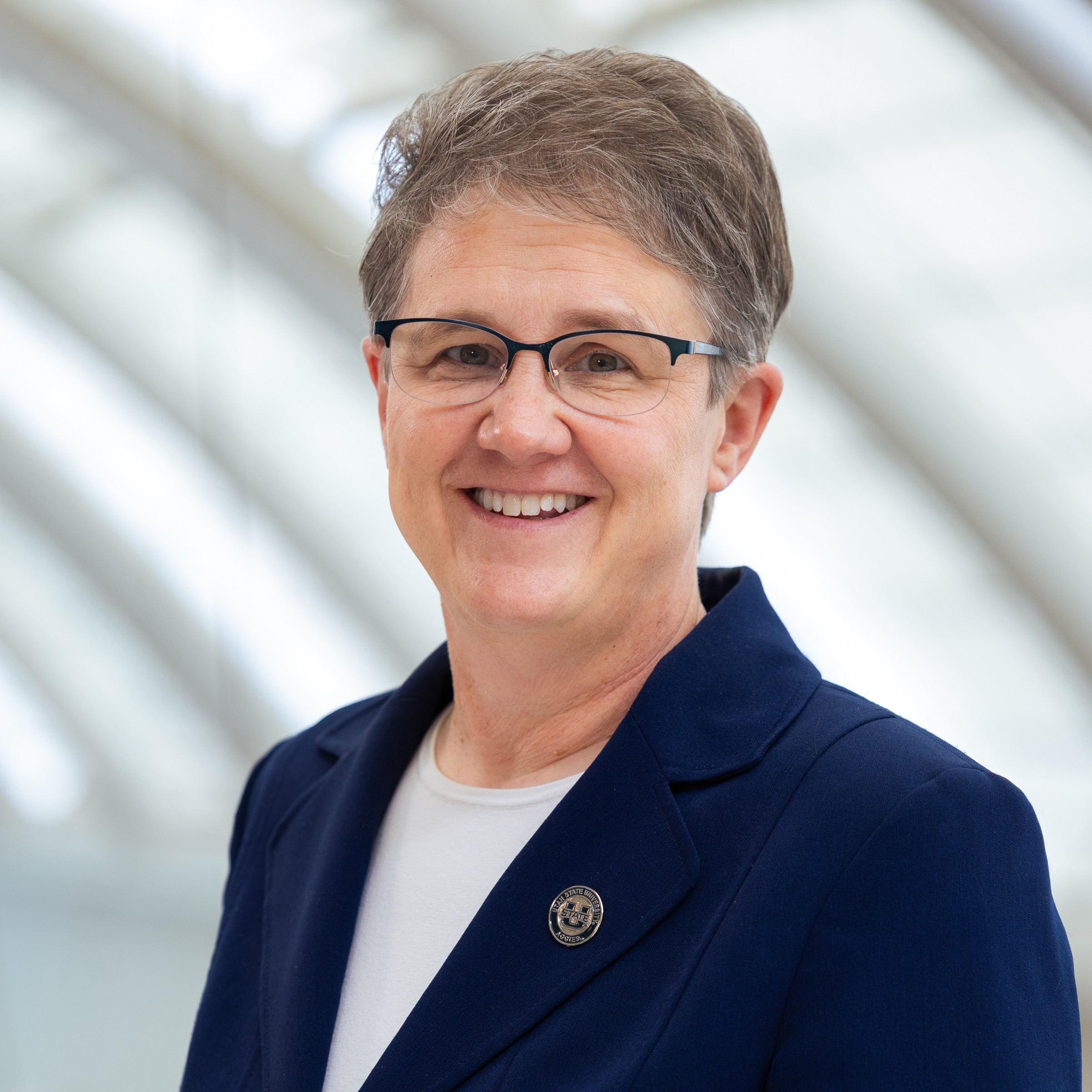
Utah State University (USU)

Utah State University (USU)
Dr. Lisa M. Berreau is Vice President for Research (VPR) and Professor of Chemistry at Utah State University (USU). As VPR, Dr. Berreau works to advance USU as a Carnegie R1 research institution. She also maintains an active research program with current interests in the development of carbon monoxide delivery molecules for biological applications. Her research has been supported by multiple sources including the NSF and NIH. Dr. Berreau has published more than 90 peer-reviewed journal articles. Dr. Berreau is a Fellow of the American Association for the Advancement of Science and the American Chemical Society.
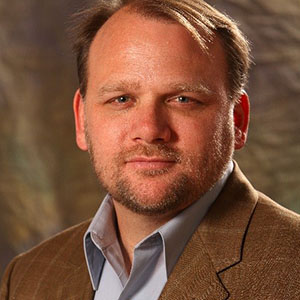
Rocky Mountain Power

Rocky Mountain Power
James Campbell is the Director of Innovation and Sustainability Policy at Rocky Mountain Power, a division of PacifiCorp. James joined PacifiCorp in 2007 where he worked on crafting corporate environmental policy and strategy and designed and implemented the company’s GHG Cap and Trade program in California. He has successfully led major pieces of legislation enabling innovative technologies including most recently the creation of a $50 million EV infrastructure program in Utah, He has led projects on EVs and grid technologies that have been awarded over $20 million from the U.S. Department of Energy. Prior to joining Rocky Mountain Power, James was the staff lead for Utah Governor Jon Huntsman’s Renewable Energy Initiative and Blue Ribbon Advisory Council for Climate Change. James earned a Bachelor’s degree in Materials Science and Engineering, a Masters in Environmental Engineering, and a Masters in Business Administration all from the University of Utah.

Enbridge Gas Utah Idaho Wyoming

Enbridge Gas Utah Idaho Wyoming
Judd E. Cook is vice president and general manager of Enbridge Gas Utah Idaho Wyoming.
Cook leads the company’s western gas distribution operations, which serves over 1.2 million customers in Utah, Idaho and Wyoming.
Cook assumed his current role in December 2022. In this role, he oversees all operations and engineering for the Western U.S., including emergency response, technical service, construction, system planning, system maintenance and project management.
Previously, Cook was head of the company’s sustainability initiatives where he promoted the use of and market development for hydrogen, renewable natural gas (RNG) and liquified natural gas.
As a lifelong resident of Utah, Cook is passionate about serving the community. He joined Enbridge Gas, formerly Questar Gas, in 1997 as a meter reader. He has held several positions throughout his career including working in the company’s data security group, the Corporate Audit group, and Business Development, as well as leadership and strategic planning positions.
Cook is a graduate of Weber State University with a bachelor’s degree in Information Systems and Technology and a master’s degree in Business Administration. He is a graduate of the American Gas Association’s Executive Leadership Development program as well as the Western Energy lnstitute’s Business Acumen program. He is active in the AGA’s executive leadership committee.
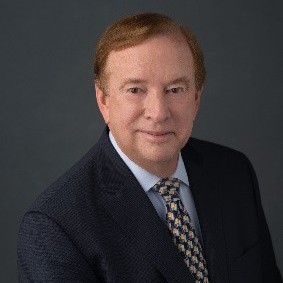
Salt River Project

Salt River Project
Hank Courtright is an Executive Consultant for Salt River Project (SRP) and provides strategic consulting in the areas of corporate strategy, technology innovation, sustainability and electric transportation. Hank joined SRP in 2017 after a 24-year career with the Electric Power Research Institute (EPRI) leading areas of climate, environmental sciences, generation, customer electrification and global relations. He led SRP’s development of their initial carbon reduction plan, including expansion of solar and energy storage projects.
Hank serves as the Chair of the Center for an Arizona Carbon-Neutral Economy based at Arizona State University (ASU) (the hydrogen hub for AZ), serves on the leadership team of the NSF Futures Engine in the Southwest and is the prior chair of the Emerging Trends Task Force of the Large Public Power Council.
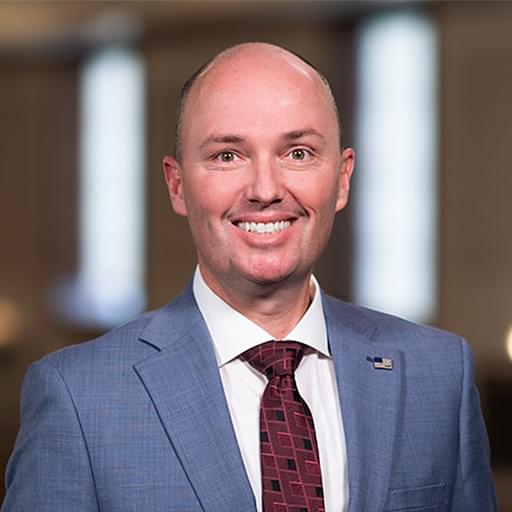
State of Utah

State of Utah
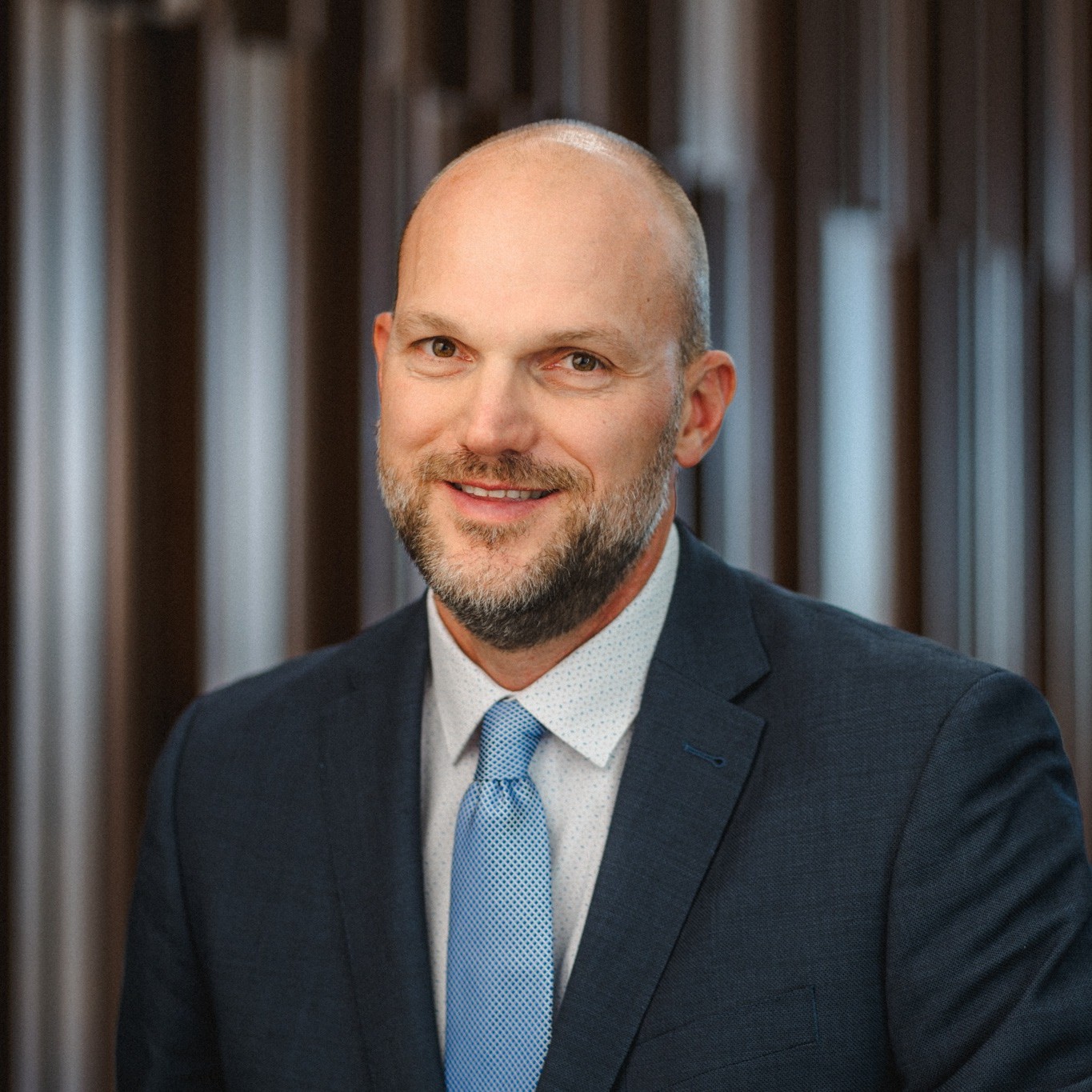
Wallace Stegner Center for Land, Resources, and the Environment & Energy, Resource, and Environment Programs

Wallace Stegner Center for Land, Resources, and the Environment & Energy, Resource, and Environment Programs
Lincoln Davies is an internationally recognized expert in energy law and policy. He has written extensively on laws that promote renewable energy, as well as on the clean energy transition. His most recent work focuses on the development and governance of electricity markets in the United States. His research has been sponsored by the U.S. Department of Energy, the South Korean government, the Brookings Institution, the Alfred P. Sloan Foundation, the Heising-Simons Foundation, among others. He is coauthor of one of the nation’s leading energy law textbooks. In 2012, he was named the McCloy Fellowship in Environmental Policy and, in 2024, the Elizabeth Evatt Distinguished Fellow at the University of Sydney Law School. He serves on the faculty at the University of Utah S.J. Quinney College of Law, where he is Co-Director of the Wallace Stegner Center for Land, Resources, and the Environment and Executive Director for Energy, Resource, and Environment Programs.
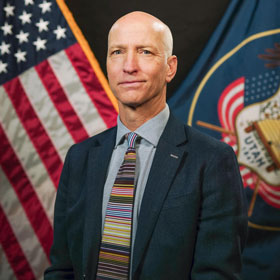
Utah Department of Environmental Quality (DEQ)

Utah Department of Environmental Quality (DEQ)
Tim Davis is the Executive Director of the Utah Department of Environmental Quality (DEQ). For the past fifteen plus years, Davis has led five different state natural resource agencies in Utah and Montana. As Executive Director Davis leads DEQ as it works to protect and restore Utah’s air, land, and water while supporting the growth of the state.
Before serving as Executive Director, Davis served as Deputy Great Salt Lake Commission and the Director of the Utah Division of Drinking Water. Davis also oversaw the water rights, water resources, drinking water, and water quality programs for the State of Montana for over ten years.
Additionally, Davis has represented Utah and Montana on numerous regional and national boards and commissions including serving as the Yellowstone River Compact Commissioner for the State of Montana, the Chair of the Western States Water Council, and representing the Region 8 states of Utah, Montana, Colorado, Wyoming, North Dakota, and South Dakota on the Association of State Drinking Water Administrators Board of Directors.
Davis grew up in Lander, Wyoming, and spends most of his free time outdoors with his family and their two dogs.
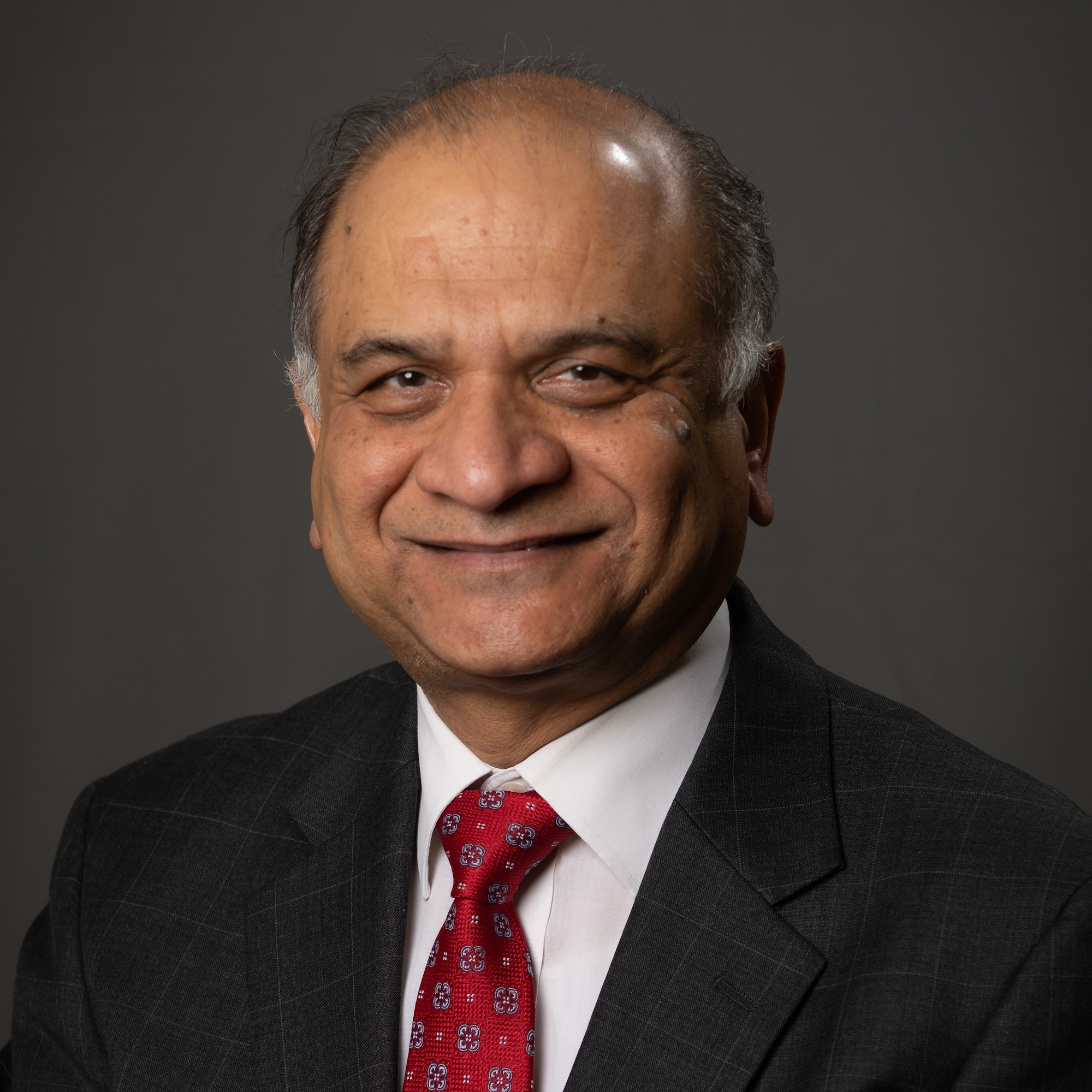
Chemical Engineering Department
University of Utah

Chemical Engineering Department
University of Utah
Milind Deo is the Peter D. and Catherine R. Meldrum Endowed Professor of the Chemical Engineering Department at the University of Utah in Salt Lake City. He is the former Chair of the University of Utah’s Department of Chemical Engineering and current Director of the Energy and Geoscience Institute (EGI). A renowned expert in a variety of energy-related research areas, including reservoir engineering, fractures and enhanced fluid recovery and hydrogen, Dr. Deo leads EGI’s impactful energy transition research programs.

Zanskar Geothermal & Minerals

Zanskar Geothermal & Minerals
Aubry DeReuil is the Head of Exploration at Zanskar Geothermal & Minerals, an AI-native geothermal energy developer based in Salt Lake City. Zanskar has discovered and is developing geothermal resources across the west and operates the Lightning Dock Geothermal power plant in Animas Valley, New Mexico. At Zanskar, Aubry manages the exploration portfolio and leads a team dedicated to bringing geothermal exploration and development to Utah and neighboring states in the western US. Her current role integrates advanced machine learning techniques with comprehensive resource characterization to drive innovation in geothermal. Aubry brings a background in oil and gas and geothermal exploration and development, structural geology, and scientific illustration. Prior to joining Zanskar, she worked as an Exploration Geologist at Chevron Corporation. She holds a Ph.D. in Geology from the University of Utah and a B.Sc. in Quantitative Geoscience from Appalachian State University.
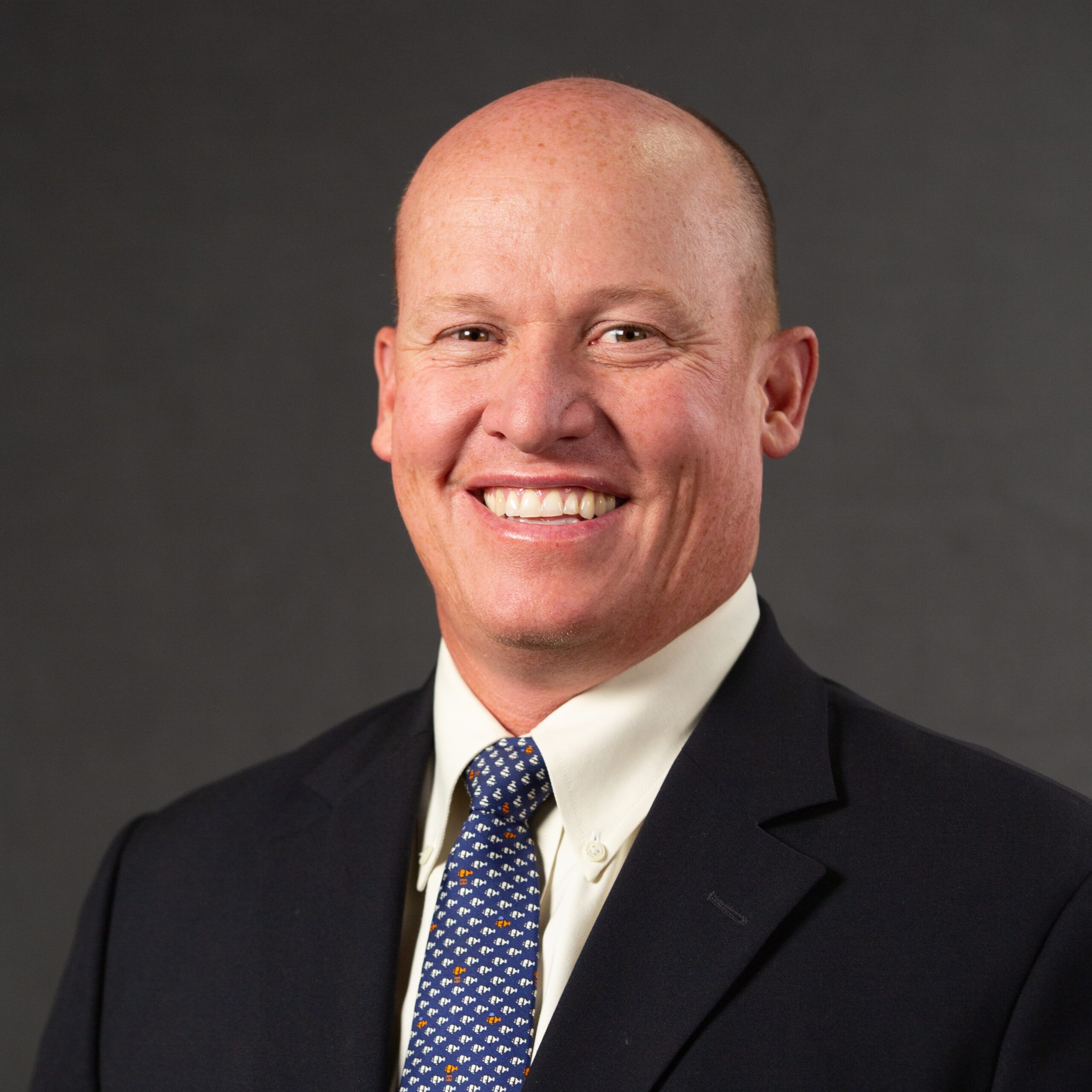
Utah Department of Natural Resources (DNR)

Utah Department of Natural Resources (DNR)
Appointed by Gov. Spencer J. Cox in June 2022, Joel Ferry serves as the executive director of the Utah Department of Natural Resources (DNR), overseeing approximately 2,500 employees across nine divisions and two offices. These include Forestry, Fire and State Lands; Law Enforcement; Oil, Gas and Mining; State Parks; Outdoor Recreation; the Utah Geological Survey; Water Resources; Water Rights; Wildlife Resources; the Office of Energy Development; and the Public Lands Policy Coordinating Office.
A fifth-generation farmer from Corinne, Ferry brings a deep passion for water policy, land conservation, and agriculture to his leadership at DNR. He continues to operate his family’s farm, ranch, feedlot, and hunting properties.
Ferry’s background includes experience in banking with Zions Bank and extensive public service. He has served as a state legislator, chairman of the Box Elder County Republican Party, and held roles with several conservation and agricultural organizations, including the Box Elder Farm Bureau, Delta Waterfowl, and the Friends of the Bear River Bird Refuge. He earned a bachelor’s degree in economics and finance from Utah State University.

Janet Quinney Lawson Institute for Land, Water, & Air
Utah State University

Janet Quinney Lawson Institute for Land, Water, & Air
Utah State University

Western Electricity
Coordinating Council

Western Electricity
Coordinating Council
Melanie Frye, President and CEO of WECC, drives the organization's mission to mitigate risks to the reliability and security of the Western Interconnection’s Bulk Power System. She excels in engaging with members, stakeholders, and regulatory bodies, ensuring WECC's positive relationship with NERC and the ERO Enterprise.
Melanie is a transformational leader, crafting WECC’s Invented Future framework and fostering a dynamic internal culture aligned with WECC’s core mission. Her previous roles at WECC include Vice President of Reliability Planning and Performance Analysis, where she led technical and analytical functions, and Vice President of Shared Services, overseeing Human Resources, Finance, IT, Project Management, and Administrative Services. Joining WECC in 2007 as Director of Human Resources, Melanie has continually advanced within the organization.
Before WECC, Melanie was a Senior HR Consultant at PacifiCorp, advising leadership of multiple power generation facilities and supporting over 2,500 employees.
Melanie holds a Bachelor of Science in Business Administration from Weber State University and a Utility Executive Course Certificate from the University of Idaho.
Day 1 - Plenary Panel - Electric Transmission Resilience and Expansion

ACES

ACES
Dr. JoAnn Gage – Geologist and ACES Cavern Engineer
JoAnn Gage has over a decade of experience with Chevron in Subsurface and Business & Commercial Roles. As an Subject Matter Expert in Chevron’s Technology Company and an Explorationist, she has supported over 15 Business Unit teams to solve complex subsurface problems. As a Decision Analyst supporting Chevron’s deepwater Gulf of Mexico asset Jack/St. Malo she became a skilled practitioner in cash flow modeling, investment strategy, and business planning.
For ACES, JoAnn is responsible for cavern construction, planning, subsurface regulatory/compliance, and brine management.
JoAnn has a Bachelor of Science degree in Geology from Bryn Mawr College and an M.S. and PhD in Geology from the University of Wisconsin – Madison. She also has an MBA from the University of Houston with a concentration in Energy Economics and Investment Analysis.
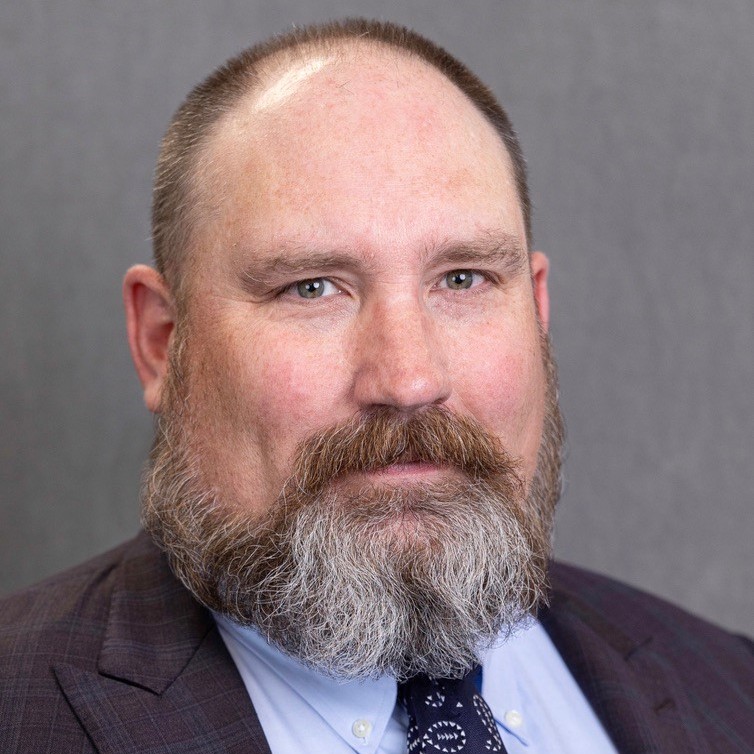
Rocky Mountain Power

Rocky Mountain Power
Dick Garlish is the President of Rocky Mountain Power, an electric utility serving over 1.2 million customers in Utah, Wyoming and Idaho. In his role, Dick is responsible for regional strategy and engagement, and leads customer and community affairs, government affairs and the legal department.
Before joining PacifiCorp in 2020, Garlish served as senior vice president and general counsel at Peak Reliability. Earlier in his career, he held several senior positions at Idaho Power Company, including senior counsel, director and general manager. Garlish also served as senior corporate counsel at NorthWestern Energy.
Garlish was raised and educated in the mining city of Butte, Montana, and received his bachelor’s degree from The Evergreen State College and his law degree from the University of Montana School of Law. Prior to entering the energy industry, he served as a law clerk to U.S. District Court Judge Sam E. Haddon of Montana.
Garlish lives in Salt Lake City, Utah.
Day 2 - Plenary Panel - Utility Perspectives of Energy Planning for the Future
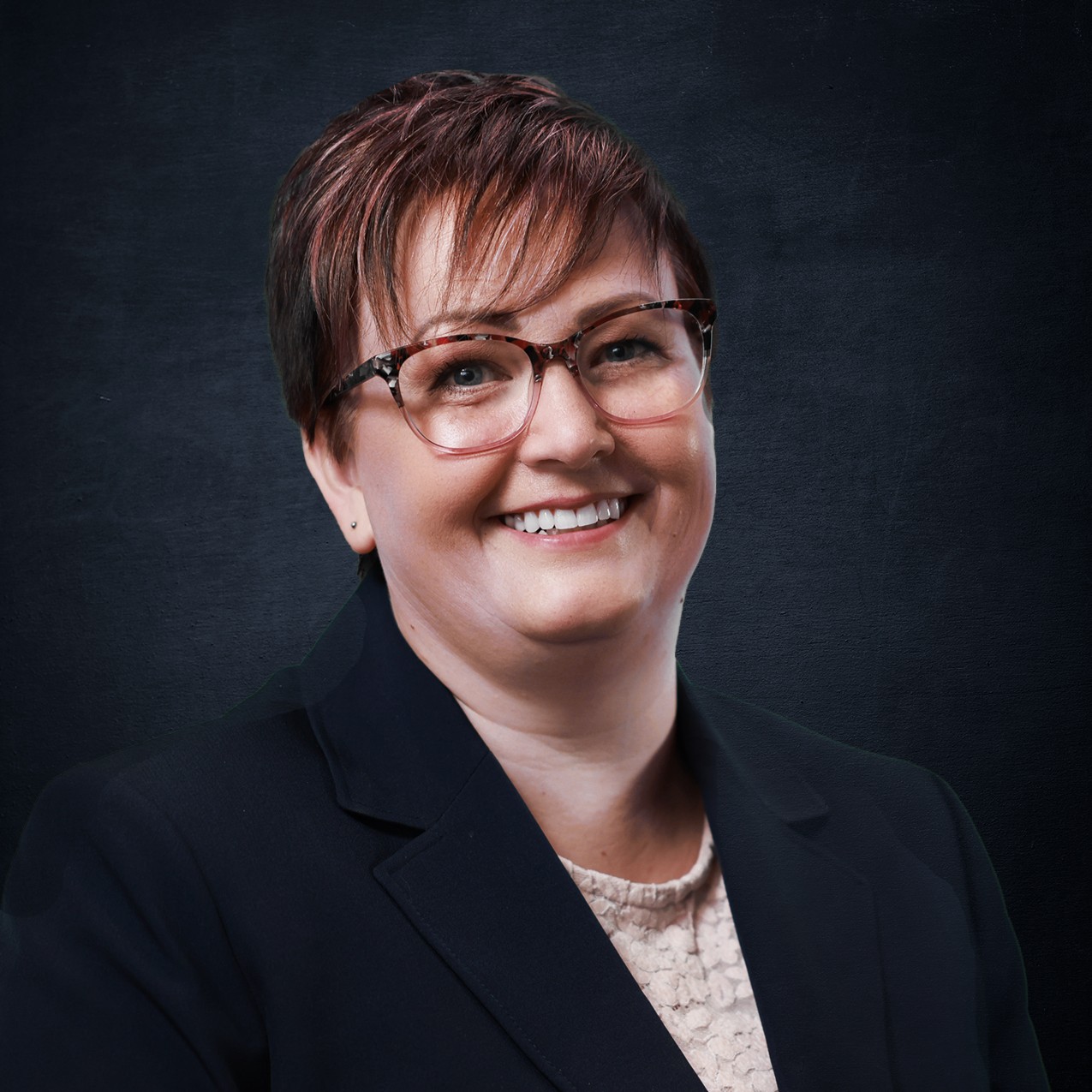
Utah Office of Energy Development

Utah Office of Energy Development
Anna Holmstead is a Program Director at the Utah Office of Energy Development, where she has been leading critical energy initiatives since early 2024. She manages all federal and state grants for the office, overseeing the full grant lifecycle to ensure funding is maximized and aligned with Utah’s energy goals. Anna has helped secure nearly half a billion dollars in federal and matching funds to strengthen the state’s power grid, expand infrastructure, and support local communities. She works closely with state and national partners to develop practical, forward-thinking energy solutions that improve reliability and resilience. Anna is passionate about building programs that advance energy efficiency, grow the energy workforce, and deliver real, lasting impact for Utahns.
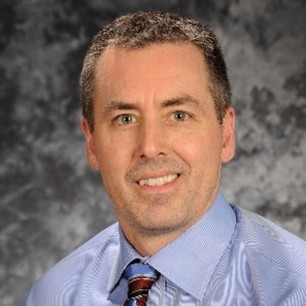
Idaho National Laboratory (INL)

Idaho National Laboratory (INL)
Dr. John H. Jackson is a Distinguished Staff Scientist/Engineer at the Idaho National Laboratory (INL) in Idaho Falls, Idaho. He currently is the National Technical Director for the DOE Office of Nuclear Energy’s Microreactor Program which is focused on supporting development and deployment of rapidly evolving microreactor technology. Before taking on his current role, he served as the Gateway for Accelerated Innovation in Nuclear (GAIN) Technical Interface where he ensured that the nuclear industry had facilitated and appropriate access to DOE national laboratory capability. Prior to this, John was the Industry Program Lead for the Nuclear Science User Facilities (NSUF) with a focus on characterization of irradiated fuels and materials. In these capacities, John has worked closely with the DOE Office of Nuclear Energy and the nuclear industry to ensure that DOE facilities are used effectively to maintain the current reactor fleet and to enable innovation. John has over twenty years of experience in the areas of mechanical testing and fracture mechanics. He also has over three years of experience in extreme environment materials characterization and drilling mechanics at the ExxonMobil Upstream Research Company in Houston, Texas. John holds Ph.D. (2001) and MS (1998) degrees in Mechanical Engineering from the University of Washington, Seattle, WA, and a B.S. in Mechanical Engineering Technology (1995) from Central Washington University in Ellensburg, WA.
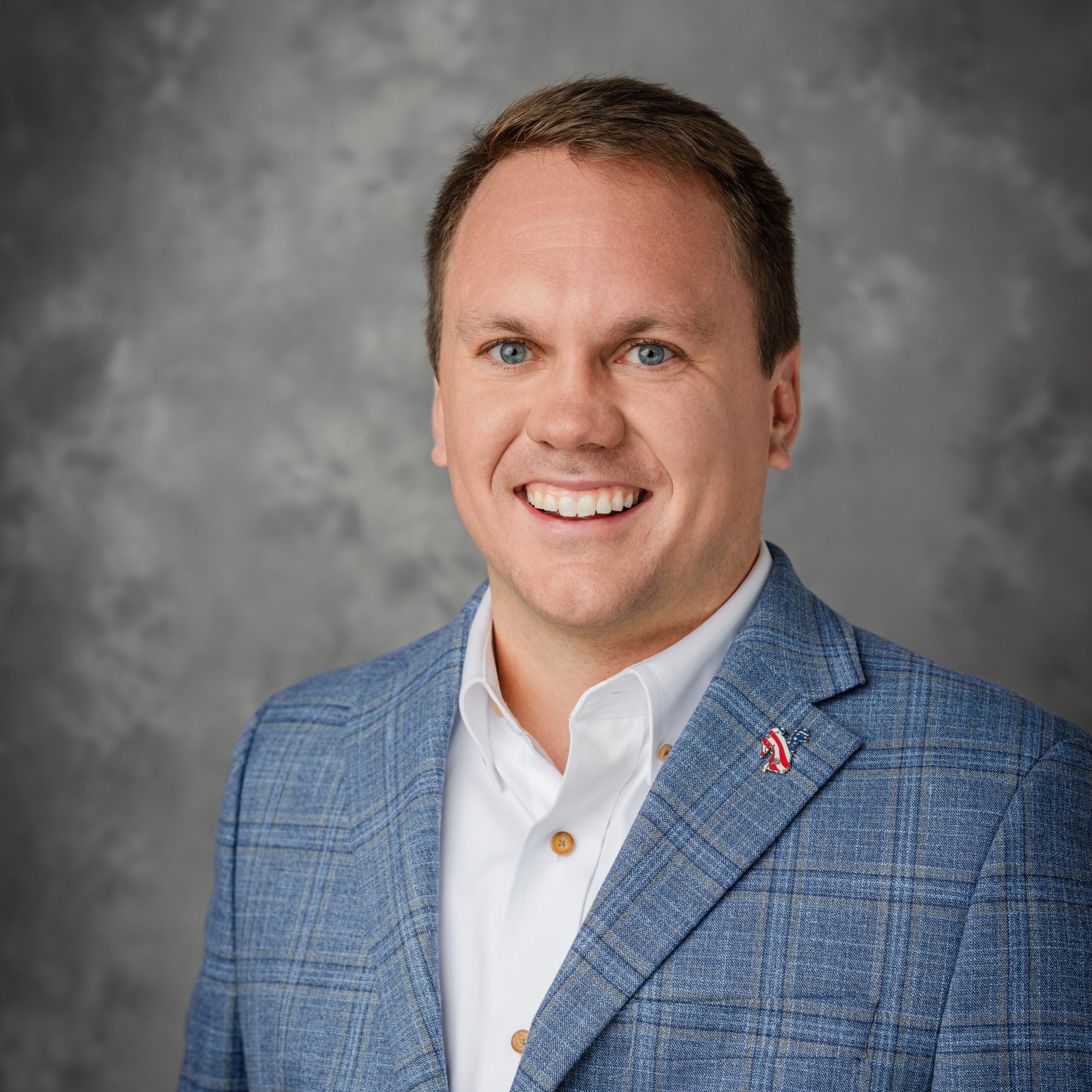
Wyoming Energy Authority

Wyoming Energy Authority
John Jenks is an experienced energy policy and economic development professional currently serving as Director of Energy Market Development at the Wyoming Energy Authority. With a strong background in regulatory affairs, infrastructure development, and legislative engagement, John leads initiatives to expand Wyoming’s energy economy. He has held prior roles in government relations and public affairs, including positions at the Wyoming Business Council and the Greater Kansas City Chamber of Commerce. John brings a wealth of experience navigating the intersection of policy, collaboration, and economic strategy.

Bingham Research Center
Utah State University

Bingham Research Center
Utah State University
Colleen Jones is a Research Associate Professor in the Department of Plants, Soils, and Climate at Utah State University and Director of the Environmental Analytical Lab at the Bingham Research Center in Vernal, Utah. An environmental scientist, she leads research at the intersection of air quality, biogeochemistry, and ecosystem health, using drone and remote sensing technologies to address complex environmental challenges.
Her work focuses on monitoring pollutant emissions—particularly volatile organic compounds from oil and gas operations—and assessing their impacts on air quality and public health. She also studies selenium and mercury cycling in wetland and atmospheric systems to inform restoration and management strategies.
Dr. Jones applies drone-based imaging to evaluate post-wildfire recovery and invasive species control, working closely with land management agencies. With over two decades at USU, she has built a research program that connects field science with policy-relevant applications while mentoring students in applied environmental research.

Utah Office of Energy Development

Utah Office of Energy Development
Tim Kowalchik serves as the Research Director at the Utah Office of Energy Development, where he leads efforts to integrate data-driven analysis, strategic policy, and innovative energy technologies. His work spans initiatives like advanced nuclear energy, projecting future demand, and Operation Gigawatt. Tim focuses on bridging science and policy to ensure Utah’s energy strategy remains resilient, forward-looking, and grounded in technical rigor.
A Utah native and University of Utah alumni, he holds a B.S., M.S., and Ph.D. in Mechanical Engineering, with doctoral research focused on multiphysics modeling and advanced energy storage technologies.

Utah Office of Energy Development

Utah Office of Energy Development
Emy Lesofski is the director of the Utah Office of Energy Development (OED)—the state’s primary office for energy and critical mineral development—and energy advisor to Gov. Cox. She was appointed to these roles in October 2024, bringing a wealth of experience in federal appropriations and natural resources policy. As director of OED, Lesofski also oversees the Utah San Rafael Energy Lab (USREL), as well as serving on several boards and committees. She is focused on developing innovative solutions to ensure Utahns have access to affordable, reliable, and secure energy through sound policy, research, education and community outreach.
Prior to her role at OED, Lefoski worked in Washington, D.C. for 24 years as a senior staffer in both houses of Congress and was the Republican staff director of the U.S. Senate Committee on Appropriations, Subcommittee on the Interior, Environment, and Related Agencies.
Lesofski studied political science at BYU and is happy to be back in Utah with her extended family.

Department of Atmospheric Sciences & Wilkes Center for Climate Science & Policy

Department of Atmospheric Sciences & Wilkes Center for Climate Science & Policy
John Lin is a Professor in the Department of Atmospheric Sciences and the Scientific Director of the Wilkes Center for Climate Science & Policy. He has over 20 years of experience researching the emissions and transport of greenhouse gases and atmospheric pollutants, publishing over 100 peer-reviewed journal papers to date. He was selected as a Earth Leadership Fellow in 2022 and participates regularly in national and international research efforts such as with the World Meteorological Organization and the European Union. John's research group (http://lair.utah.edu/) is carrying out greenhouse gas and air quality observations in the Salt Lake area, as well as in the Uinta Basin. John also works regularly with satellite observations from NASA to determine carbon emissions from cities around the world. He has recently served on the Great Salt Lake Strike Team to synthesize scientific knowledge and inform policy decisions surrounding the Great Salt Lake. John received his AB, AM, and PhD degrees from Harvard University.

Bingham Research Center
Utah State University

Bingham Research Center
Utah State University
Seth directs Utah State University’s Bingham Research Center, located in Vernal, and is a Research Professor in USU's Department of Chemistry and Biochemistry. He has a doctoral degree in Environmental Science and Health from the University of Nevada, Reno, and his expertise is in atmospheric measurements, instrumentation, and analysis. Seth's research focuses on the environmental outcomes of energy production. He and his colleagues at the Center have carried out projects to quantify emissions of organic compounds from various oil and gas sources, understand the conditions that lead to wintertime ozone production in the Rocky Mountain region, and develop computer models of atmospheric emissions and air quality. Seth currently serves on the board of directors for Healthy Communities of Northeastern Utah and the Utah Air Quality Board.

Epic Ventures

Epic Ventures
Kent Madsen is a Managing Partner at EPIC Ventures and has been investing in early-stage technology companies for almost 25 yrs. Kent has directly worked on dozens of IPO's and acquisitions. Previously, Kent served as President, and CEO of MACC Private Equities (NASDAQ: MACC) that provided sub-debt and equity financing to private companies. Prior to that, Kent worked for Ford in the Advanced Technology Group where he developed mathematical and computational models for optimizing vehicles’ aerodynamic and thermodynamic properties and systems. He has also built computational models optimizing power plants, geothermal ponds, and phase- change energy production. Kent has a B.S. in Engineering from U of Pennsylvania, an M.S.E. from U of Michigan, an M.A. in International Studies also from Penn and an M.B.A. from Wharton.
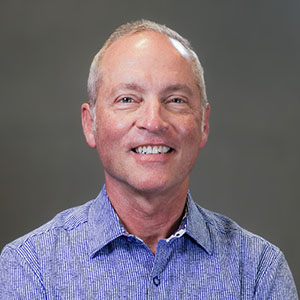
ASPIRE

ASPIRE
Michael is the Chief Commercial Officer at ASPIRE and interim Director of the State of Utah Intelligent Electrified Transportation planning program. Prior to his roles at ASPIRE, Michael served as CEO and CTO at WAVE, where he led the team that developed today’s market-leading wireless charging solutions for commercial electric vehicles. In leadership roles at Motorola, Michael architected a mobile sensing platform to serve the enterprise, consumer, and government markets. He holds a B.S.E.E. from the University of Illinois at Urbana-Champaign, an M.S.E.E. from Arizona State University and holds patents in wireless power transfer, power electronics and microelectronics. He is chair of the Wireless Charging Standards for the American Trucking Association and also serves as co-chair of the SAE J2954 Heavy Duty standards committee on wireless charging of electric vehicles.
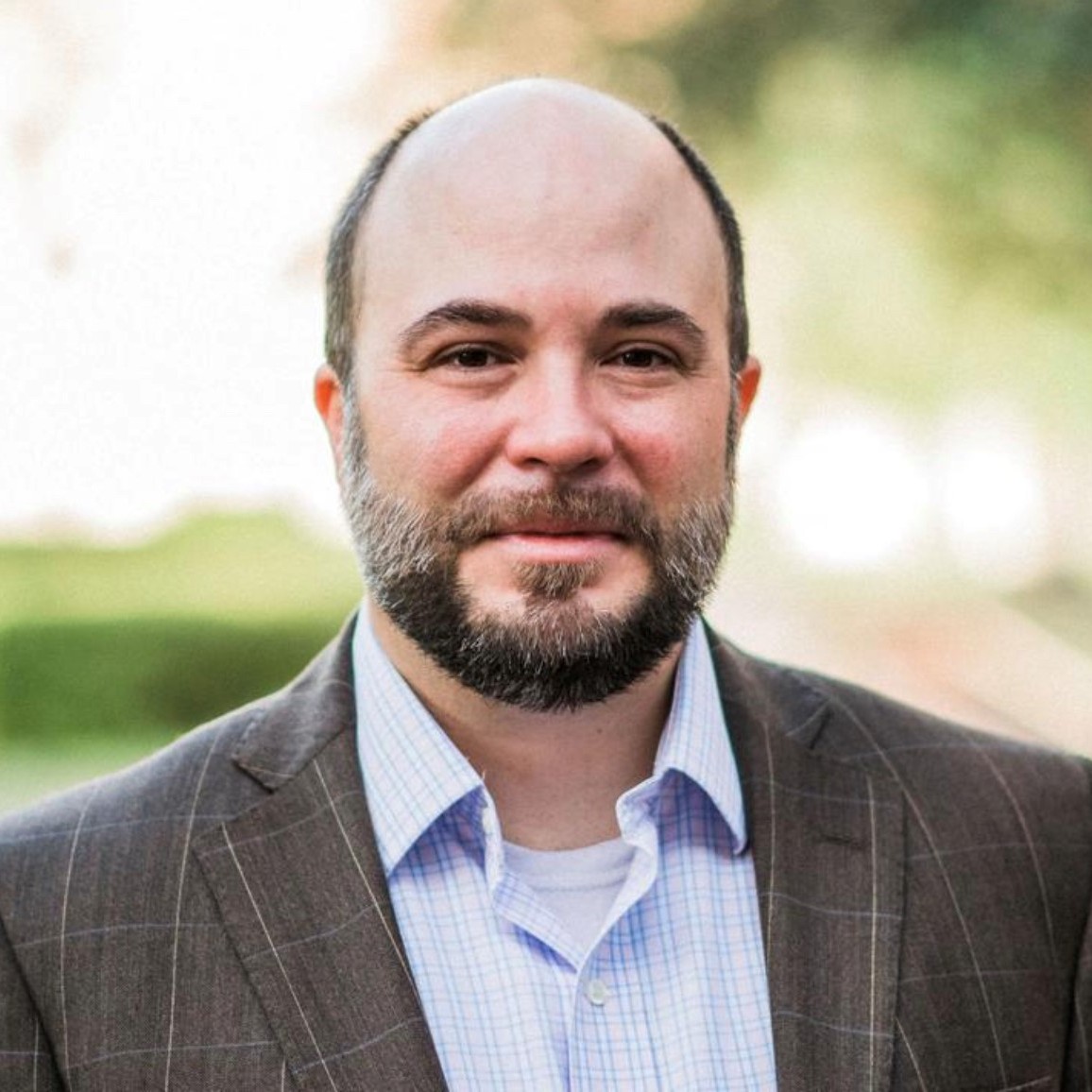
Renewables & Energy Efficiency at slb

Renewables & Energy Efficiency at slb
Sean Marshall (he/him) has roughly 20 years of project and corporate development experience in the energy industry and is a Business Development Manager for Renewables & Energy Efficiency at slb. He was formerly one of the co-founders and CFO of Criterion Energy Partners, a geothermal development company. Prior to that, he was a Vice President within the Energy and Infrastructure group at Credit Suisse’s Investment Bank where he coordinated and created extensive technical and economic analysis of oil and gas assets. Throughout his career he has worked on numerous transactions exceeding $80 billion dollars in value. Mr. Marshall holds an MBA from Rice University, and a BA in Political Science and Philosophy from The University of Houston.
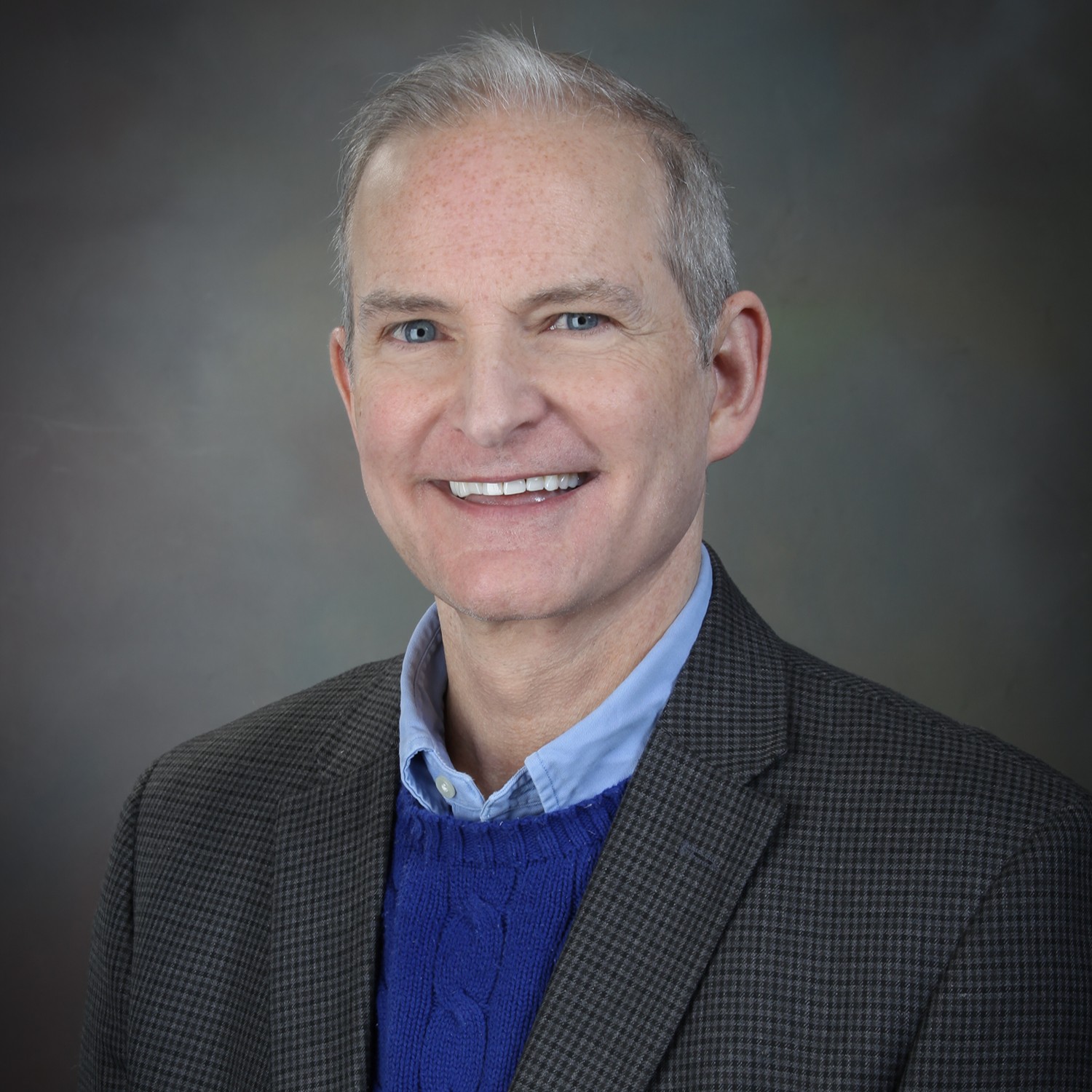
Long Duration Energy Storage (LDES) National Consortium

Long Duration Energy Storage (LDES) National Consortium
Will McNamara is the Principal Investigator for the Long Duration Energy Storage (LDES) National Consortium, representing Sandia National Laboratories as the lead lab for this effort. The LDES National Consortium is a DOE-funded initiative through which stakeholders across the LDES ecosystem can convene to identify barriers, determine potential synergies, and collaboratively develop and implement strategies necessary to achieve LDES technology commercialization within the next decade.
Will serves as Grid Energy Storage Policy Analyst for Sandia National Laboratories with a focus on energy storage policy development at the federal and state levels. Will has spent his entire 30-year career in the energy and utilities industry with a concentration on regulatory and legislative policy. He has served as a lobbyist in California and has represented major utilities across the U.S. in numerous jurisdictions in proceedings pertaining to integrated resource planning, procurement, cost recovery, rate design, and the development of policymaking best practices. Will's areas of subject matter expertise, in addition to LDES policy, include distributed energy resources, AMI/smart grid, renewables, and competitive retail markets.
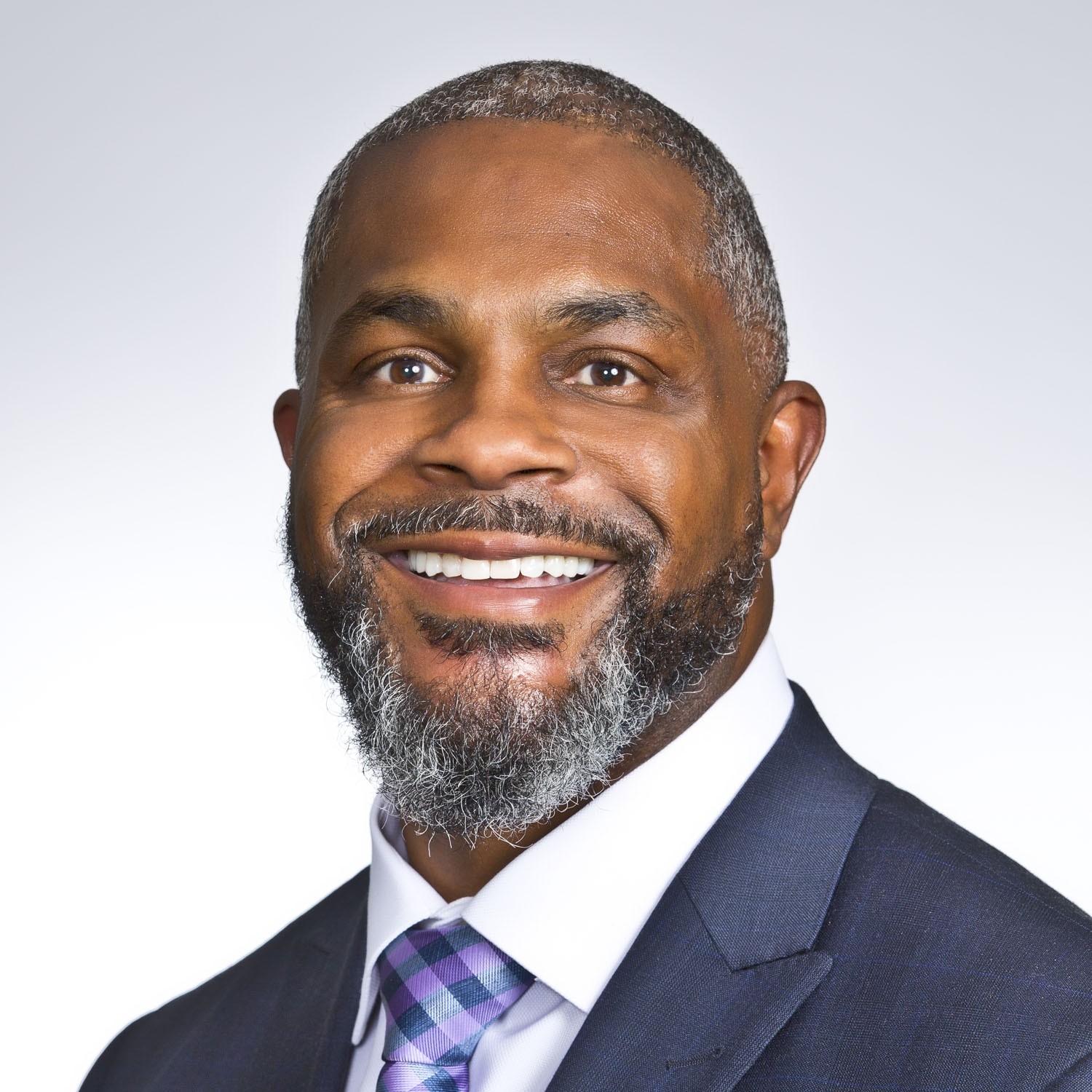
Nevada Office of Energy

Nevada Office of Energy
Dwayne McClinton – a proud United States Marine Corps veteran – has spent the past two decades working in renewables, utilities, and government affairs, amassing a wealth of multiindustry experience in the energy sector. In February 2023, his work ethic and knowledge of energy policy resulted in his appointment as Director of the Nevada Office of Energy by Gov. Joe Lombardo.
Prior to his appointment, he served as the Sr. Legislative Advisor for Southwest Gas Corporation, where he advised the company on federal, state, and local policies for the state of Nevada and California. McClinton was also Staff Project Manager and Manager of Operations for Granite Services, where he planned and executed all O&M and warranty activities and Regional Operations Manager for Gamesa North America, where he was responsible for the wind farm activity of over 500 megawatts and a multi-million-dollar annual budget.
In 2017, McClinton was appointed by former Governor Brian Sandoval to the Nevada Commission on Mentoring, and he currently serves on the board of the Committee on Regional Electric Power Cooperation (CREPC), Western Interstate Energy Board (WEIB), Western Regional Partnership (WRP), and the Western Interconnection Regional Advisory Body (WIRAB). He is also a member of the American Association of Blacks in Energy (AABE) and 100 Black Men of Las Vegas.
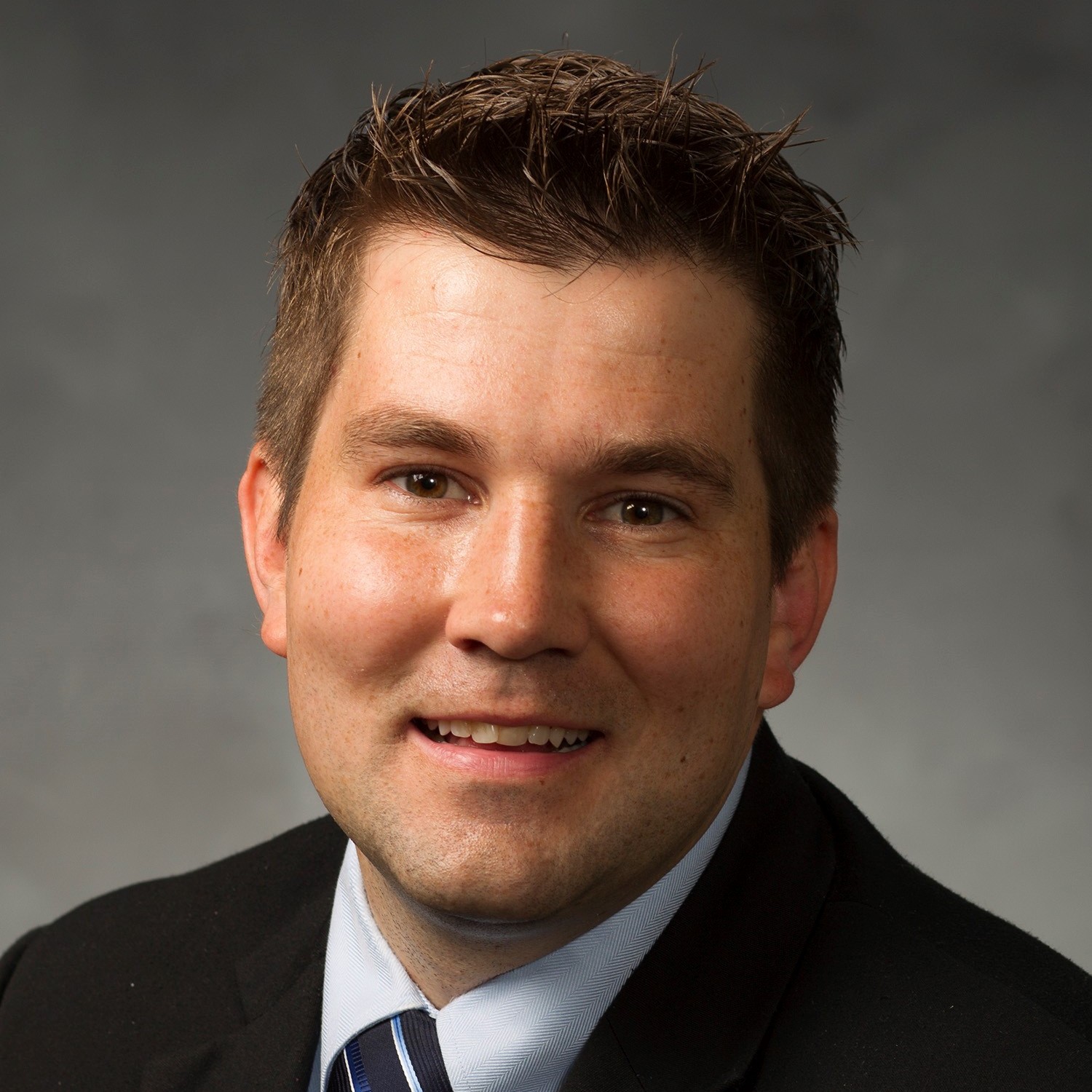
Brigham Young University

Brigham Young University
Dr. Memmott is an associate professor in the chemical engineering department at Brigham Young University. He received a B.S. in chemical engineering from BYU in 2005, and a M.S. and PhD in Nuclear Science and Engineering from the Massachusetts Institute of Technology in 2007 and 2009, respectively. His research focuses on advanced nuclear reactor design, nuclear safety, and system modeling.
Dr. Memmott currently teaches courses in fluid mechanics and introductory nuclear engineering.
Dr. Memmott's graduate work focused on the development of innovative fuel configurations for sodium fast reactors. These fuel configurations (internally and externally cooled annular fuel rods and "bottle-shaped" fuel rods) emphasized enhanced safety, reduced costs, and improved thermal margin for both metal and oxide fast reactor fuel rods.
Following his graduation from MIT, Dr. Memmott worked as a senior engineer in the advanced reactor group at Westinghouse Electric Company. Housed within the research and technology group, he worked with others to design fast reactor concepts, fuel cycle innovations, and AP1000 plant innovations. He served for 2 years as a lead designer for the Westinghouse SMR concept.
Dr. Memmott's research at BYU focuses on enhancing the passive safety of both current and advanced nuclear reactor technology while improving the economics, fuel utilization, and grid adaptability of current plants. Several new system or component concepts are being developed, and each innovation is then evaluated in safety space to ensure that no inadvertent detrimental influences on overall nuclear safety will be introduced into the reactor system by the implementation of the new technology. His most recent focus is on molten salt micro-reactor technology, with an emphasis on fission product and transuranic bearing molten salts.
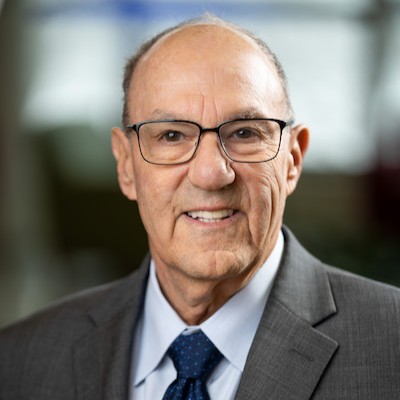
The Utah FORGE

The Utah FORGE
Dr. Moore is Managing PI The Utah FORGE project which is an international field laboratory that is managed by EGI at the University of Utah and sponsored by the Department of Energy. Dr. Moore has participated in DOE projects since the mid-1970s. He has published more than 150 reports and articles on his investigations.
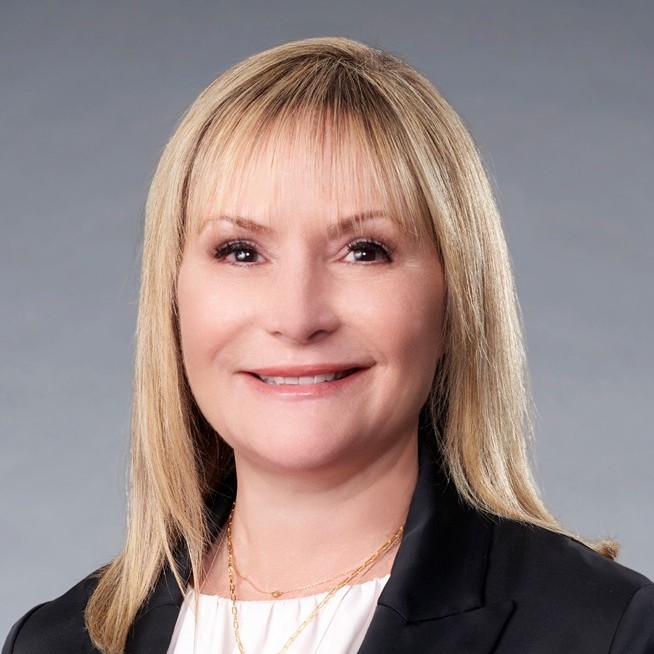
Idaho National Laboratory

Idaho National Laboratory
Laura Nelson serves as Idaho National Laboratory’s (INL’s) Regional Engagement lead in Utah. Nelson provides leadership, collaboration and engagement to advance INL’s vision through partnerships that deliver results in response to regional, industry, and community energy and economic objectives. Nelson has a deep understanding of energy landscapes in Utah and the Western region, having served as the energy advisor to two Utah governors — Jon Huntsman Jr. and Gary Herbert — and through her work on regulatory, public policy and stakeholder engagements.
Nelson is a recognized energy leader and economist with 20-plus years of experience in energy and natural resources, driving clean energy and sustainable solutions. Before joining INL, she served as the vice president of Sustainability and External Affairs for Southwest Gas, a natural gas distribution and energy service company providing service to over 2.3 million customers across three states. As the sustainability officer, she led the Southwest Gas’ sustainable business practices, customer engagement and public policy initiatives.
In her career, Nelson has been driven by creating a sustainable energy future for everyone and served in roles and boards that allowed her to engage on key energy initiatives. She served as the vice president of consulting services at Strategen, the chair of the Western State Energy Board, vice-chair of the National Association of State Energy Officials, and was a member of the INL Energy, Environment, Science and Technology Strategic Advisory Committee. She has also served as a policy advisor to public utility commissions and other senior level corporate and board positions throughout her career.
Nelson holds a doctorate in economics from the University of Utah and resides in Holladay, Utah, with her husband.
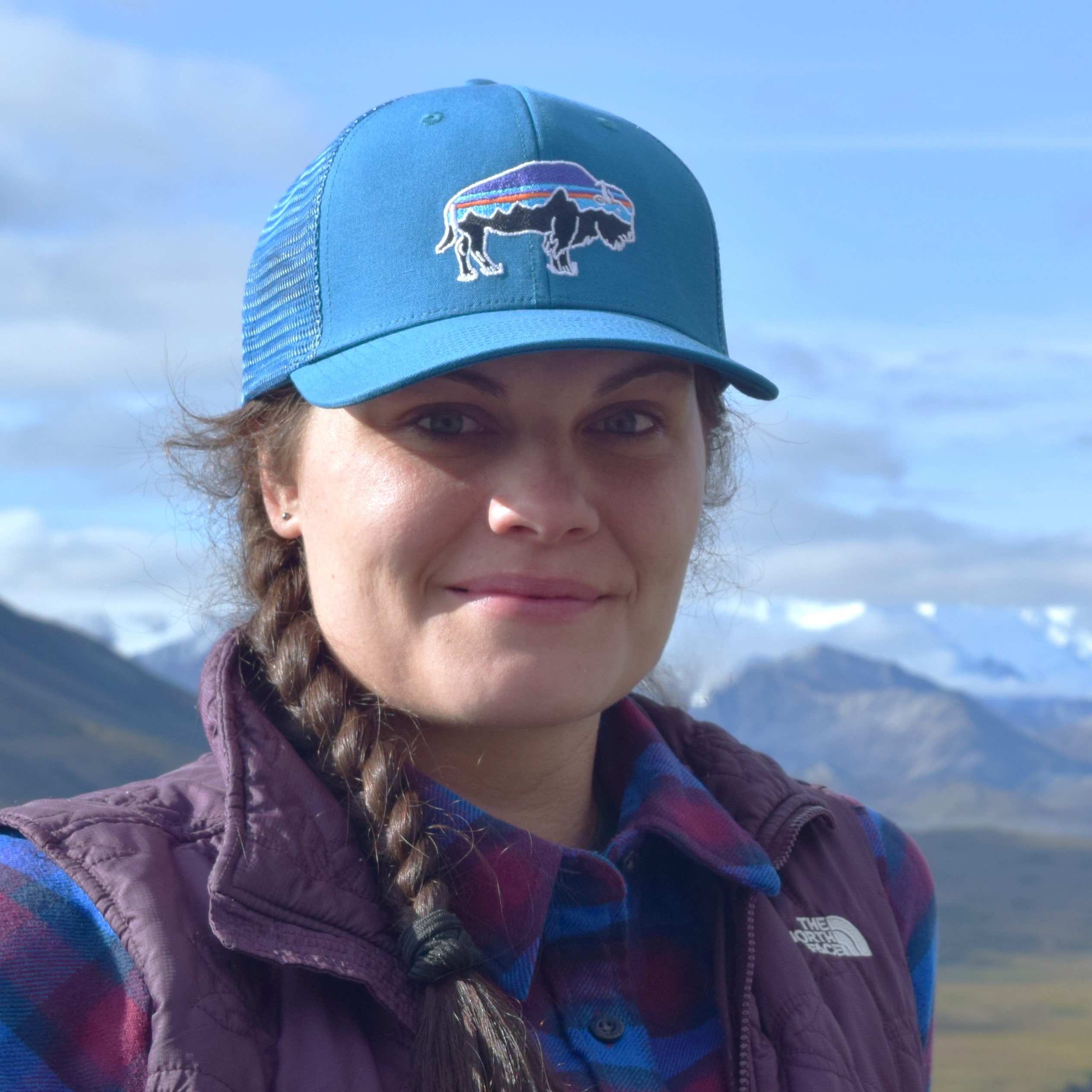
The Nature Conservancy

The Nature Conservancy
Megan Nelson is the Policy & External Affairs Director for the Utah Chapter of The Nature Conservancy. She has worked on Western natural resource, environmental, energy, and public land issues for almost 20 years as an attorney, environmental planner, and consultant. In her current role with TNC, she fosters partnerships with government entities, conservation organizations, and private entities and develops state and national policy and public funding. TNC is a global environmental nonprofit working to create a world where people and nature can thrive. Before joining TNC, she developed federal land management plans, facilitated environmental planning efforts, authored federal legislation, managed NEPA for federal agencies and in-house for energy providers, and advocated for conservation. Throughout her career, she has most enjoyed working with diverse groups to find common ground. She is a seventh generation Utahn and holds a Juris Doctor and Natural Resources Law and Policy Certificate from the University of Colorado Law School.
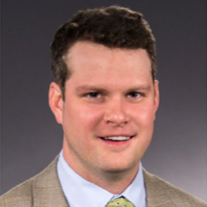
BWXT Advanced Technologies, LLC

BWXT Advanced Technologies, LLC
Erik Nygaard is the director of Product Development for BWXT Advanced Technologies, LLC, a subsidiary of BWX Technologies, Inc. (BWXT), which is the sole manufacturer of nuclear reactors for the U.S. Navy. Mr. Nygaard is responsible for the development of new products for Advanced Technologies, LLC, which includes commercial microreactors, data science technologies, and advanced manufacturing techniques. The products being developed by Mr. Nygaard’s organization include the company’s 50 MWth commercial microreactor- BANR.
Previously, he served as the director of Research and Engineering leading the organization’s design and technology development efforts for customers like NASA and the Department of Defense. Additionally, he previously served as the Director of Isotope Research and Development, overseeing the development of the company’s groundbreaking medical isotope technology. Mr. Nygaard has also served BWXT as the product line manager responsible for the development of isotope technology, a nuclear engineer in the company’s Advance Reactors and Engineering group and a safety analysis engineer and test engineer for mPower™, BWXT’s Generation III++ small modular reactor project. He holds three U.S. patents and two pending for propriety technologies associated with the medical isotope production. Mr. Nygaard holds a bachelor’s and master’s degree in nuclear engineering from the University of Wisconsin–Madison where he was licensed by the U.S. Nuclear Regulatory Commission as a student operator.
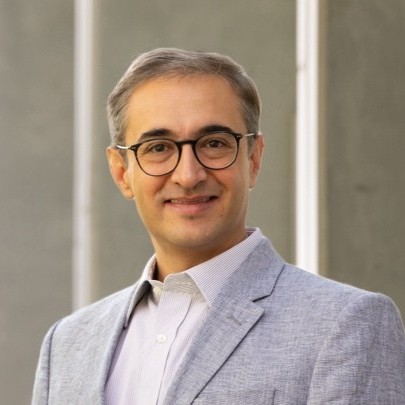
University of Utah

University of Utah
Masood Parvania is the Roger P. Webb Endowed Professor of Electrical and Computer Engineering and the Director of Utah Smart Energy Laboratory and the Utah Energy and Power Innovation Center (U-EPIC) at the University of Utah. Dr. Parvania is also the Principal Investigator and Director of the U.S.-Canada Center on Climate-Resilient Western Interconnected Grid (NSF WIRED Global Center) that is co-funded by U.S. National Science Foundation (NSF) and Natural Sciences and Engineering Research Council of Canada (NSERC), to develop solutions to safeguarding the Western Interconnection against natural disasters such as wildfire, heatwave and droughts. More info at: http://wiredcenter.org
Day 1 - Plenary Panel - Electric Transmission Resilience and Expansion
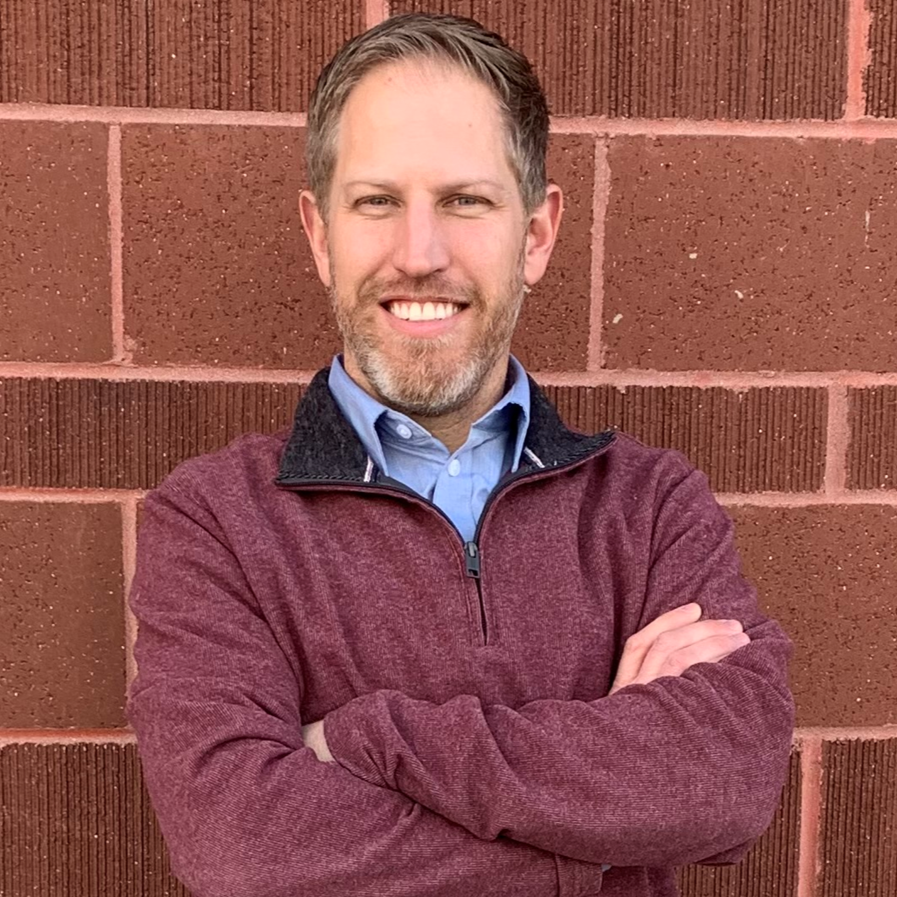
Utah Advanced Nuclear and Energy Institute

Utah Advanced Nuclear and Energy Institute
Dr. Jeremy Pearson serves as the Director of the Utah Office of Energy Development’s Utah Advanced Nuclear and Energy Institute where he works with Utah universities, Idaho National Lab and industry to research and commercialize groundbreaking energy technologies including nuclear, fossil, hydrogen, battery, water and other technologies. Dr. Pearson received an undergraduate degree in Chemical Engineering in 2002 from Brigham Young University and worked in manufacturing and process development at Amgen prior to returning to school to pursue a graduate degree in Chemical Engineering at the University of California, Irvine. During his graduate work, Dr. Pearson studied the backend of the nuclear fuel cycle and used nuclear fuel recycling. In 2015 Dr. Pearson worked in Senator Hatch’s office as a AAAS Congressional Science and Engineering fellow advising the office on science and energy policy and briefly as an Energy Security Fellow for SAFE (Securing America’s Future Energy). Following his time in D.C. Dr. Pearson moved to Utah to work as a Development Scientist at Red Leaf in the fossil fuel industry pursuing economical solutions to synthetic fuels development, and served for three years as director of the Utah San Rafael Energy Lab. Dr. Pearson is from Los Angeles California and has enjoyed the mountains and outdoors in both California and Utah.

Nuclear Engineering Program
Virginia Commonwealth University (VCU)

Nuclear Engineering Program
Virginia Commonwealth University (VCU)
Dr. Phongikaroon is nationally recognized for his academic leadership, innovative research, and dedication to students. He became Director of the Nuclear Engineering Program at Virginia Commonwealth University (VCU) in 2018, serving first as Associate Professor. He was awarded the Qimonda Professorship from 2019 to 2020, and has held the title of Engineering Foundation Professor since 2021. Under his leadership, VCU’s Nuclear Engineering Program rose to No. 18 in the 2024 U.S. News & World Report national rankings.
A visionary academic and skilled collaborator, Dr. Phongikaroon has cultivated strong partnerships with national laboratories and industry, expanded online learning opportunities, and shaped a curriculum that emphasizes career preparation and real-world relevance for over 400 students. Through his direction, VCU established itself as a leader in nuclear energy and technology, with a strong focus on pedagogy, advanced reactor design, fusion, corrosion, radioisotope production, and non-proliferation.
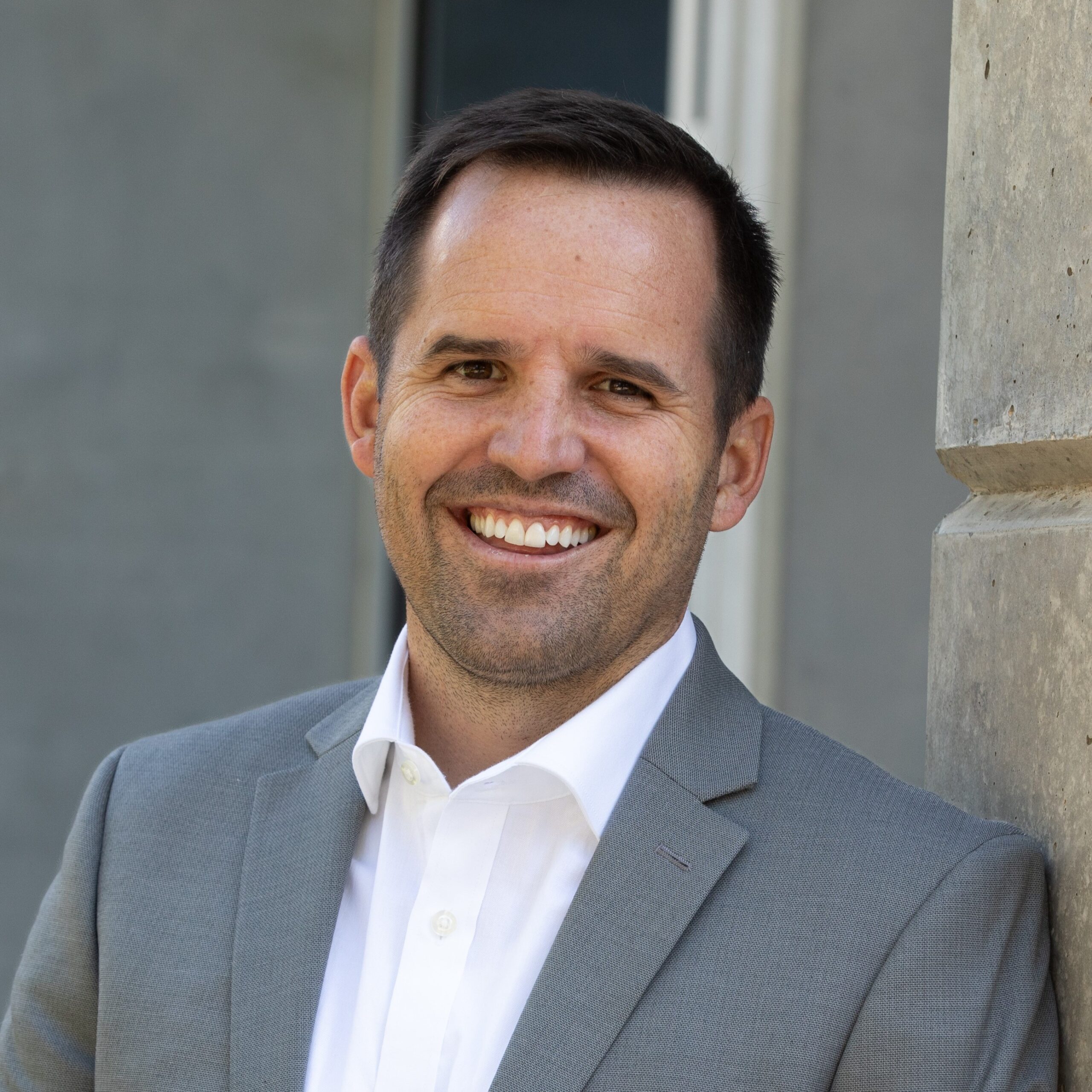
University of Utah

University of Utah
Kody Powell is an energy systems researcher. He studies complex, integrated systems of multiple energy components and uses the tools of systems engineering, such as simulation, optimization, advanced control, and process design to develop and operate systems where the components are synergistic. Because energy supply and demand fluctuate, these systems need advanced computational tools to aid in simulation or to ensure that the system operates efficiently and reliably. My primary research interests are: hybrid energy systems, energy storage, solar thermal power, combined heat and power, building energy management, and the smart grid.

Holland & Knight's Emerging Companies and Venture Capital

Holland & Knight's Emerging Companies and Venture Capital
Tim Poydenis serves as the co-head of Holland & Knight's Emerging Companies and Venture Capital practice. Mr. Poydenis is based in the firm's Century City office as a corporate attorney. His practice focuses on representing emerging growth companies, venture capital investors, private equity funds and other strategic investors. Above and beyond the legal guidance that Mr. Poydenis provides to clients, he also serves as a strategic business adviser to all of them.
Mr. Poydenis advises companies throughout all stages of their corporate life cycle, from formation to exit, as well as venture capital firms and strategic investors in connection with their investments in these companies. He has significant experience working with startups and growth-stage companies, and advises them on all aspects of formation, fundraisings, acquisitions, exits and corporate governance.
Industry sources and clients often praise Mr. Poydenis on his work, saying:
"He is an impact maker and integral part of our organization, and we are frequently amazed at his creative ability to think outside the box or connect business dots that we missed."
"Tim's blend of empathy, integrity and emotional intelligence are force multipliers in his ability to assist growing companies, and their executives navigate the turbulent and exciting chaos of forming great ideas into strong and thriving businesses."
"Tim is in the upper echelon in terms of his client service leadership, advocacy for our commercial interests and consistent creativity in developing innovative solutions."
In addition, Mr. Poydenis represents clients in the technology market across a variety of industries, including real estate (PropTech), digital health and wellness, clean technology, sports and entertainment, advertising, music, Web3, artificial intelligence (AI), marketing, defense technology, food and beverages, lending and financial services, insurance, and many others. Mr. Poydenis also represents his clients in buy-side and sell-side merger and acquisition (M&A) transactions, which allows him to have a true life-cycle practice for all clients.
Prior to joining Holland & Knight, Mr. Poydenis was a corporate attorney who co-founded a technology companies practice group for a global law firm in its Santa Monica, California, office. In addition, Mr. Poydenis previously was a sports agent for a leading sports agency that focused on the representation of professional baseball players.

Pattern Energy

Pattern Energy
Sarah Ridel is Assistant Vice President and Assistant General Counsel at Pattern Energy. Prior to joining Pattern, she worked at Skadden and BayWa r.e. Americas. In these roles, she has worked on a broad range of transactions related to the development, construction, and financing of renewable energy and transmission projects, including the SunZia Wind and Transmission Project, the largest clean energy infrastructure project in U.S. history. Sarah also served as a Peace Corps Volunteer in the Kingdom of Tonga and holds a B.A. from the University of Texas – Austin and a J.D. from Harvard Law School.
Day 1 - Plenary Panel - Electric Transmission Resilience and Expansion
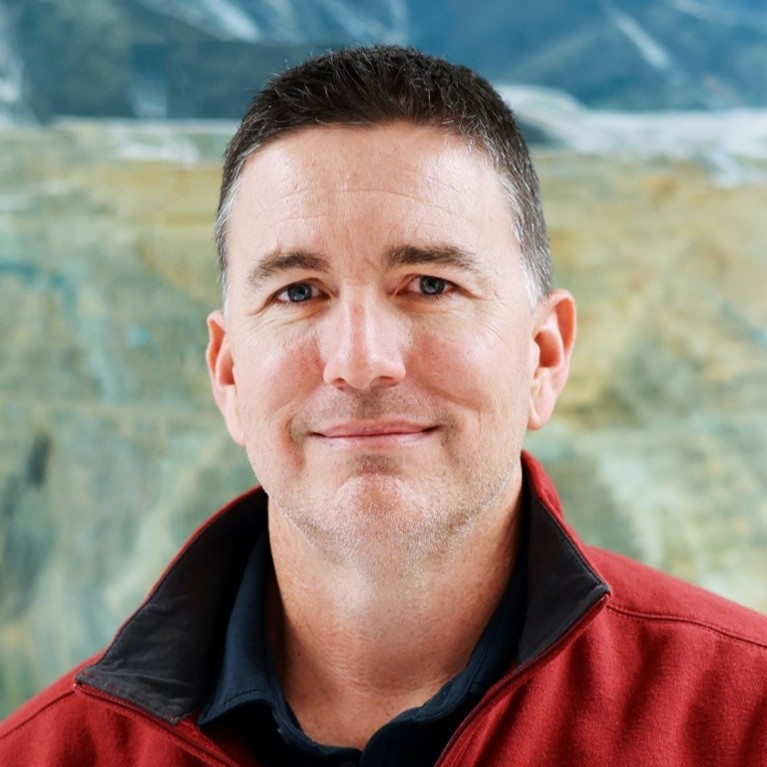
Mining Engineering
University of Utah

Mining Engineering
University of Utah
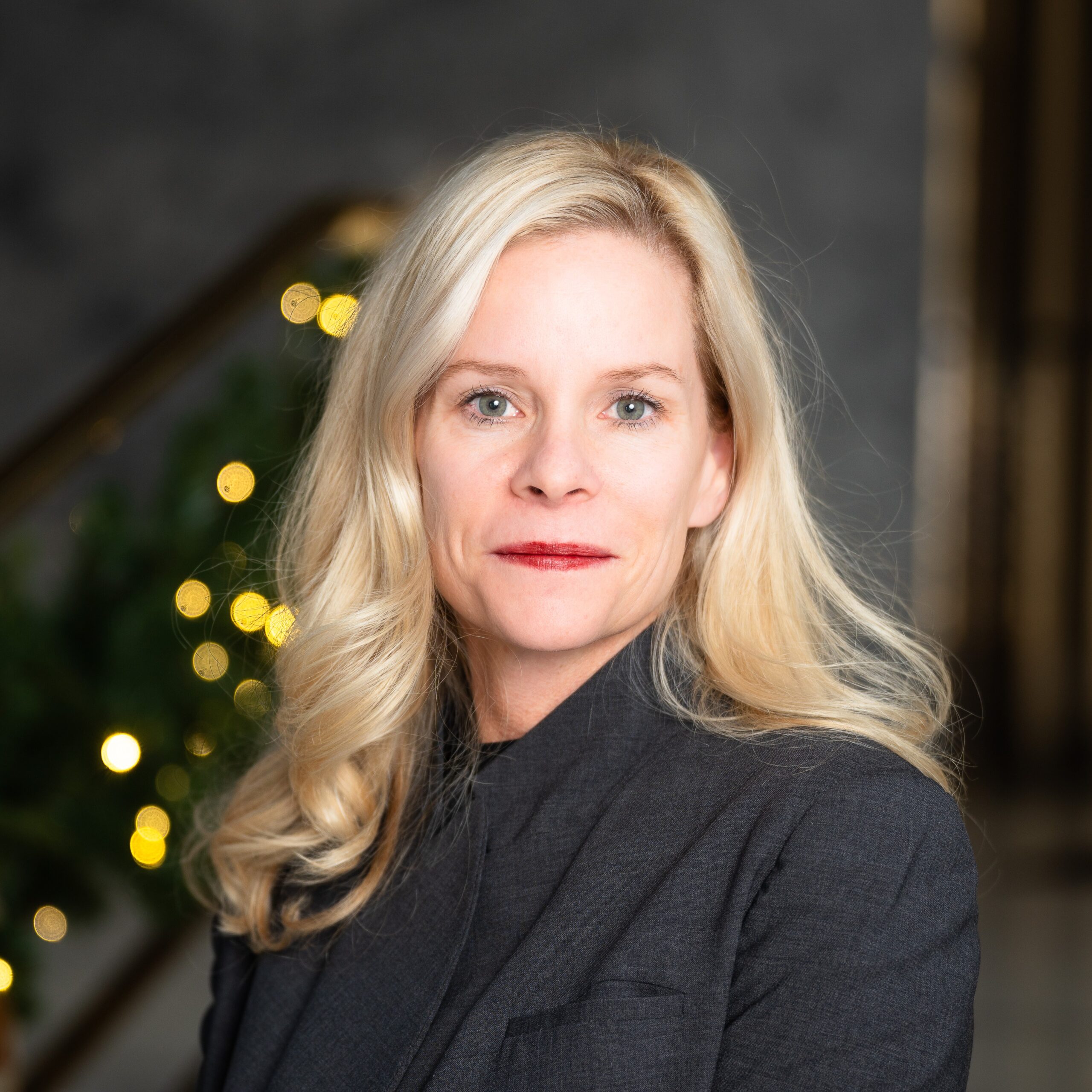
University of Utah

University of Utah
Dr. Erin Rothwell currently serves as the Vice President for Research, and Professor of Obstetrics and Gynecology in the School of Medicine. As vice president for research, Dr. Rothwell oversees 18 research administrative units that support research compliance, regulation policies, grant development pipeline, and safety procedures across campus. Dr. Rothwell received her B.S. degree in Recreation Therapy and M.S. degree in Park & Recreation Management from the University of South Alabama. In 2004, Dr. Rothwell moved to Salt Lake City to pursue her PhD in Recreation Therapy at the University of Utah. She served her Postdoctoral Training in the College of Nursing at the U while studying clinical trials and public health. In 2010, Dr. Rothwell received a competitive fellowship opportunity in the Medical College of Wisconsin where she studied Bioethics. Dr. Rothwell’s research focus is on ethical, social, and legal implications of genetic and technological advancements on individuals and families specifically within newborn screening, prenatal testing, and biobanking.
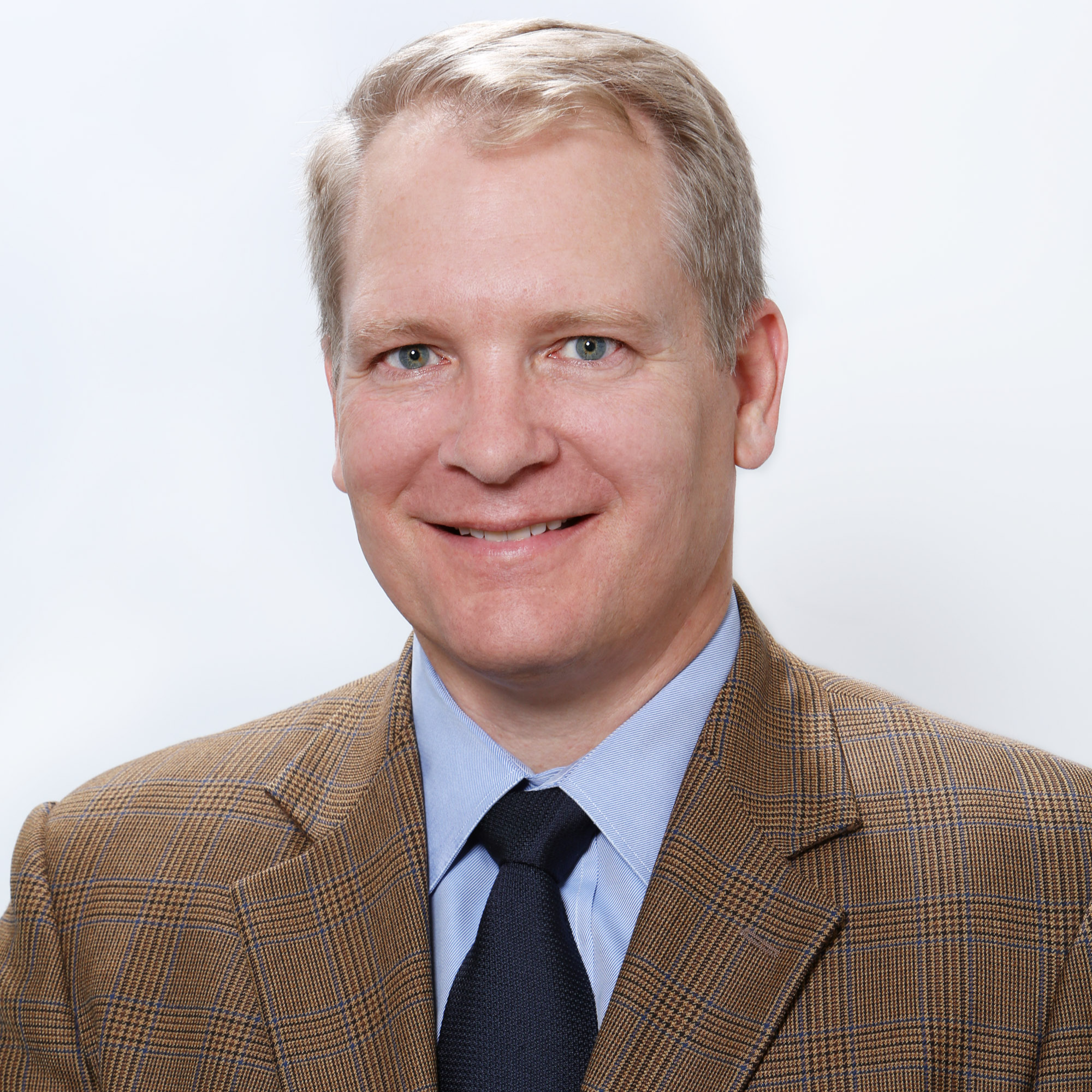
PivotGen

PivotGen
Timothy Rosenzweig is a seasoned executive with extensive experience in the renewable energy sector. Currently serving as the Co-Founder and Chief Executive Officer of PivotGen since 2019, Tim has successfully built a team of over 45 professionals focused on acquiring and repowering older wind farms. Under his leadership, PivotGen has raised over $200 million in capital and repowered 128 MW of wind projects, significantly improving their operations and extending their asset life.
Prior to PivotGen, Tim co-founded and led Seventus as Chief Executive Officer from 2016 to 2019. He raised start-up capital from Suzlon and secured $40 million in non-recourse debt from the Export Import Bank of India, enabling the development of over 500 MW of wind projects.
Tim's career also includes his role as Chief Financial Officer at SolarReserve from 2013 to 2016, where he led the finance and accounting functions for a private equity-backed CSP development company. He was instrumental in raising tax equity for the Crescent Dunes project and implementing global anti-corruption policies.
From 2010 to 2013, Tim was the Chief Executive Officer of Goldwind USA, where he developed and implemented the company's American market entry strategy. He built a team of 50 employees and executed turbine sales contracts for 320 MWs within the first three years.
Earlier in his career, Tim co-founded First Wind/UPC Wind and served as CFO and Senior Vice President, Finance, from 2002 to 2009. He raised over $2.2 billion in financings to support the company's growth and managed the finance team's expansion.
Tim holds an MBA from Columbia Business School, where he graduated with honors and was elected to the Beta Gamma Sigma business honor society. He also earned a B.S. in Civil Engineering from Johns Hopkins University, where he was an NCAA Academic All American wrestler.
Tim is married with three children and in his spare time Tim enjoys cooking, golf, sporting clays and scuba diving.

Wallace Stegner Center for Land Resources and the Environment

Wallace Stegner Center for Land Resources and the Environment
John Ruple is a John Ruple is a Research Professor of Law and Stegner Center Fellow at the Wallace Stegner Center for Land Resources and the Environment where he directs the Stegner Center's Law and Policy Program. He served as Senior Counsel in the While House Council on Environmental Quality during the Biden Administration. John's research focuses on management of federal public lands, improving the efficacy of environmental permitting and review processes, and on energy and critical mineral development. Before joining the University of Utah in 2008, John worked as policy analyst in Governor Jon Huntsman Jr's Public Lands Office, as an environmental attorney in private practice, and as a NEPA contractor specializing in permitting for projects on National Forest System lands. His work has published widely, including in nine book chapters, and articles in the Harvard Environmental Law Review, the Columbia Environmental Law Journal, U.C. Berkeley’s Ecology Law Quarterly, the Georgetown Environmental Law Review, and Environmental Law. He was lead or contributing author on more than a dozen government reports and fifteen environmental impact statements and environmental assessments. of Law and Stegner Center Fellow at the Wallace Stegner Center for Land Resources and the Environment where he directs the Stegner Center's Law and Policy Program. He served as Senior Counsel in the While House Council on Environmental Quality during the Biden Administration. John's research focuses on management of federal public lands, improving the efficacy of environmental permitting and review processes, and on energy and critical mineral development. Before joining the University of Utah in 2008, John worked as policy analyst in Governor Jon Huntsman Jr's Public Lands Office, as an environmental attorney in private practice, and as a NEPA contractor specializing in permitting for projects on National Forest System lands. His work has published widely, including in nine book chapters, and articles in the Harvard Environmental Law Review, the Columbia Environmental Law Journal, U.C. Berkeley’s Ecology Law Quarterly, the Georgetown Environmental Law Review, and Environmental Law. He was lead or contributing author on more than a dozen government reports and fifteen environmental impact statements and environmental assessments.

Idaho National Laboratory (INL)’s Nuclear Science and Technology directorate

Idaho National Laboratory (INL)’s Nuclear Science and Technology directorate
Dr. Erin Searcy is the Chief Technology Officer (CTO) for Idaho National Laboratory (INL)’s Nuclear Science and Technology directorate. In this role, Erin leads a variety of strategic and technology deployment activities as well as engagements across INL, with the Department of Energy, industry, and with universities. In 2024, Erin took a leave from her CTO role to act as INL’s acting Deputy Laboratory Director for Science and Technology and Chief Research Officer. Prior to the CTO role she served as the Director of Strategic Planning and Transformation for the Nuclear Science and Technology directorate. From 2018- 2021, Erin was the Director of Institutional Planning and Programs where she led INL’s $37M Lab Directed Research and Development program, led the compilation of INL’s Lab Plan and lab agenda, and oversaw research excellence activities. Prior to that role, Erin was the bioenergy technologies department manager, where she led a team of more than 30 researchers and scientists to address barriers to the efficient supply of quality, sustainable biomass feedstocks. She spent almost three years supporting the Bioenergy Technologies Office at Department of Energy headquarters in Washington, D.C., as a technical advisor employed by INL. Prior to joining INL, she acted as a sessional instructor in the Department of Mechanical Engineering at the University of Alberta and was a consultant. She holds bachelors, masters, and doctorate degrees in engineering.
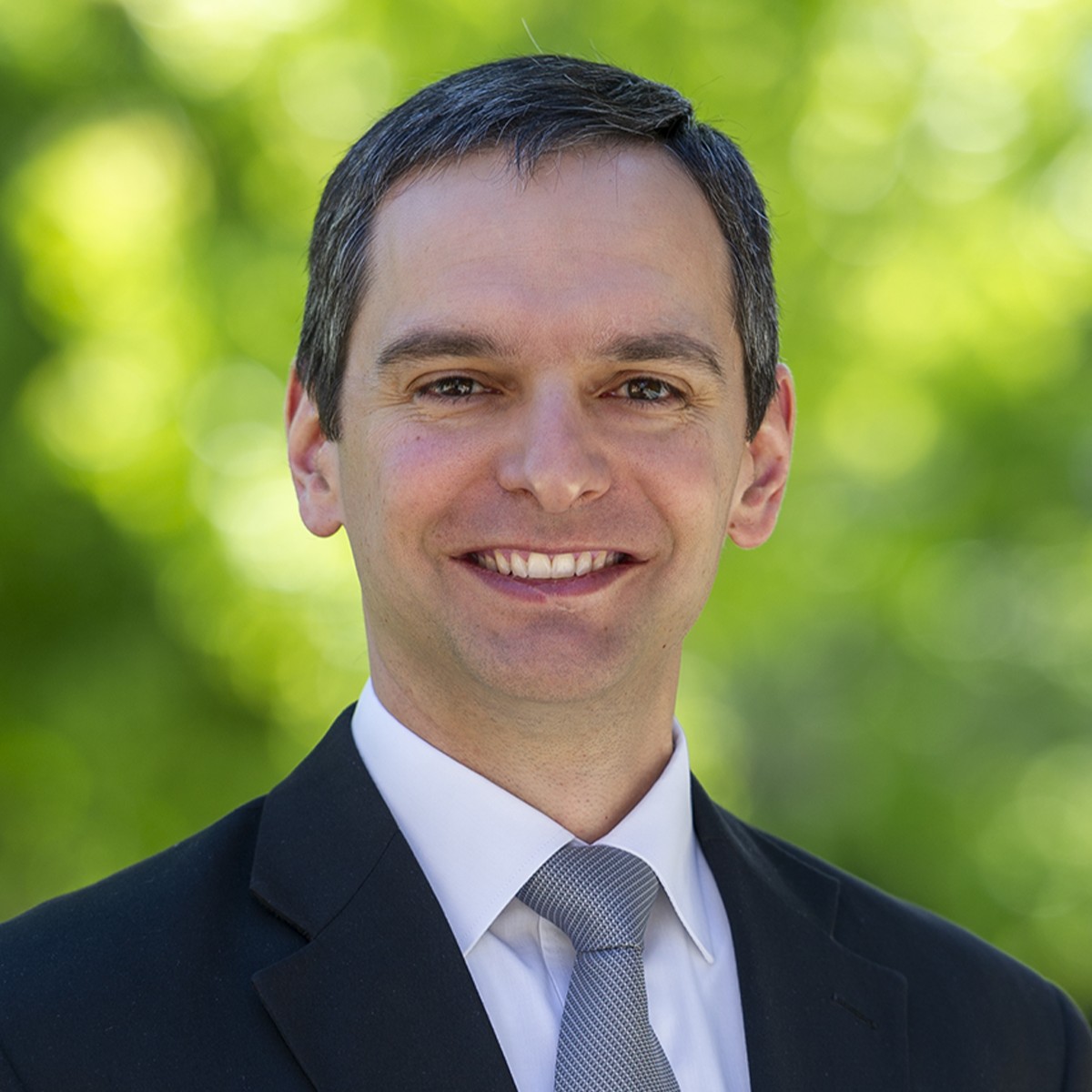
Idaho National Laboratory

Idaho National Laboratory
John Smart is a Senior Manager the Advanced Transportation Department at Idaho National Laboratory (INL). For the past two years, he also was the director of the ChargeX Consortium, which convened national laboratories and private industry to measure and improve the reliability and usability of public electric vehicle charging infrastructure in North America. Previously, John served in the Joint Office of Energy and Transportation, helping to launch the office and establish its Standards and Reliability program. Prior to the Joint Office, he spent 14 years at INL leading cross-functional teams conducting research in transportation, energy storage, power systems, and cybersecurity. Before joining INL, he spent six years at Ford Motor Company, leading powertrain product development and manufacturing teams. John earned a bachelor’s degree in mechanical engineering from Brigham Young University and MBA from Boise State University.

Abundance Institute

Abundance Institute
Josh T. Smith is the Energy Policy Lead at the Abundance Institute. His work is focused on creating energy abundance through energy innovation; he wants to create a future that moves swiftly up, rather than swiftly down. Josh is a visiting fellow at the Conservative Coalition for Climate Solutions (C3) and the author of Powering Spaceship Earth. You can follow him on Twitter, now X, and Substack: @smithtjosh.

Janet Quinney Lawson Institute for Land, Water, & Air
Utah State University

Janet Quinney Lawson Institute for Land, Water, & Air
Utah State University
Brian Steed currently serves as the Executive Director of Utah State University’s Janet Quinney Lawson Institute for Land, Water, and Air and as the Inaugural Great Salt Lake Commissioner appointed by Governor Spencer J. Cox. His role focuses on linking USU researchers and programs with government and public partners to address natural resource concerns.
Previously, Brian was the Executive Director of the Utah Department of Natural Resources. His background includes serving as Deputy Director for Policy and Programs at the U.S Bureau of Land Management and as Chief of Staff to Utah Congressman Chris Stewart. He also served as Deputy County Attorney for Iron County and taught Political Science and Economics at USU.
Brian holds a Bachelor of Arts and Master of Arts in Political Science from USU, a Ph.D. in Public Policy with a focus on Environmental Policy from Indiana University Bloomington, and a J.D. from the University of Utah’s S.J. Quinney College of Law, specializing in Natural Resources and Environmental Law.
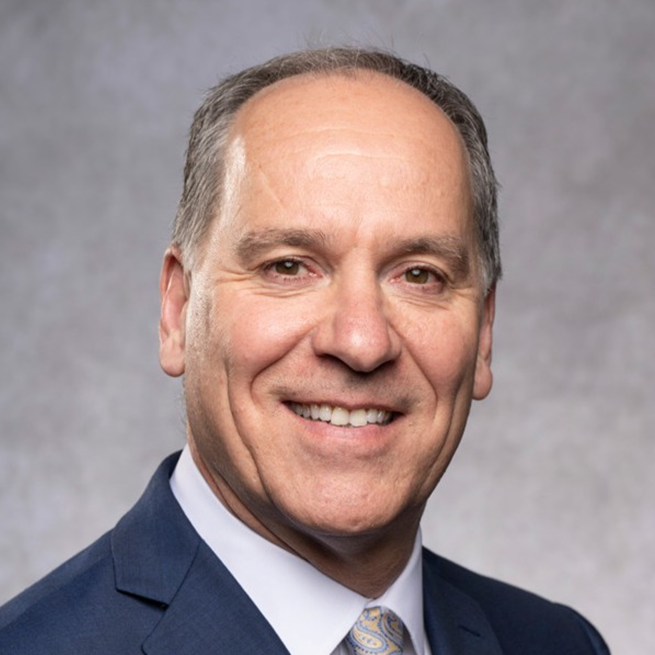
Idaho National Laboratory

Idaho National Laboratory
Dr. John C. Wagner is the director of Idaho National Laboratory and president of Battelle Energy Alliance LLC. He is responsible for management and integration of a large, multipurpose laboratory that has a mission focused on nuclear energy, national and homeland security, and energy and environment science and technology. He manages this U.S. Department of Energy national laboratory of more than 6,300 scientists, engineers and support staff members in multiple nuclear and nonnuclear experimental facilities, with an annual budget of more than $2 billion.
Wagner began serving as INL director in 2020. Wagner initially joined INL as chief scientist at the Materials and Fuels Complex in 2016
and served as associate laboratory director for Nuclear Science and Technology beginning in 2017. Prior to joining INL, he worked nearly 17 years at Oak Ridge National Laboratory, where he held several research and leadership roles in reactor and fuel cycle technologies.
Wagner is a Fellow of the American Nuclear Society and the American Association for the Advancement of Science and recipient of the 2013 E.O. Lawrence Award. He has authored or co-authored more than 170 refereed journal and conference articles, technical reports, and conference summaries. He earned a bachelor’s in nuclear engineering from the Missouri University of Science and Technology in 1992, and master’s and doctorate degrees from the Pennsylvania State University in 1994 and 1997, respectively.
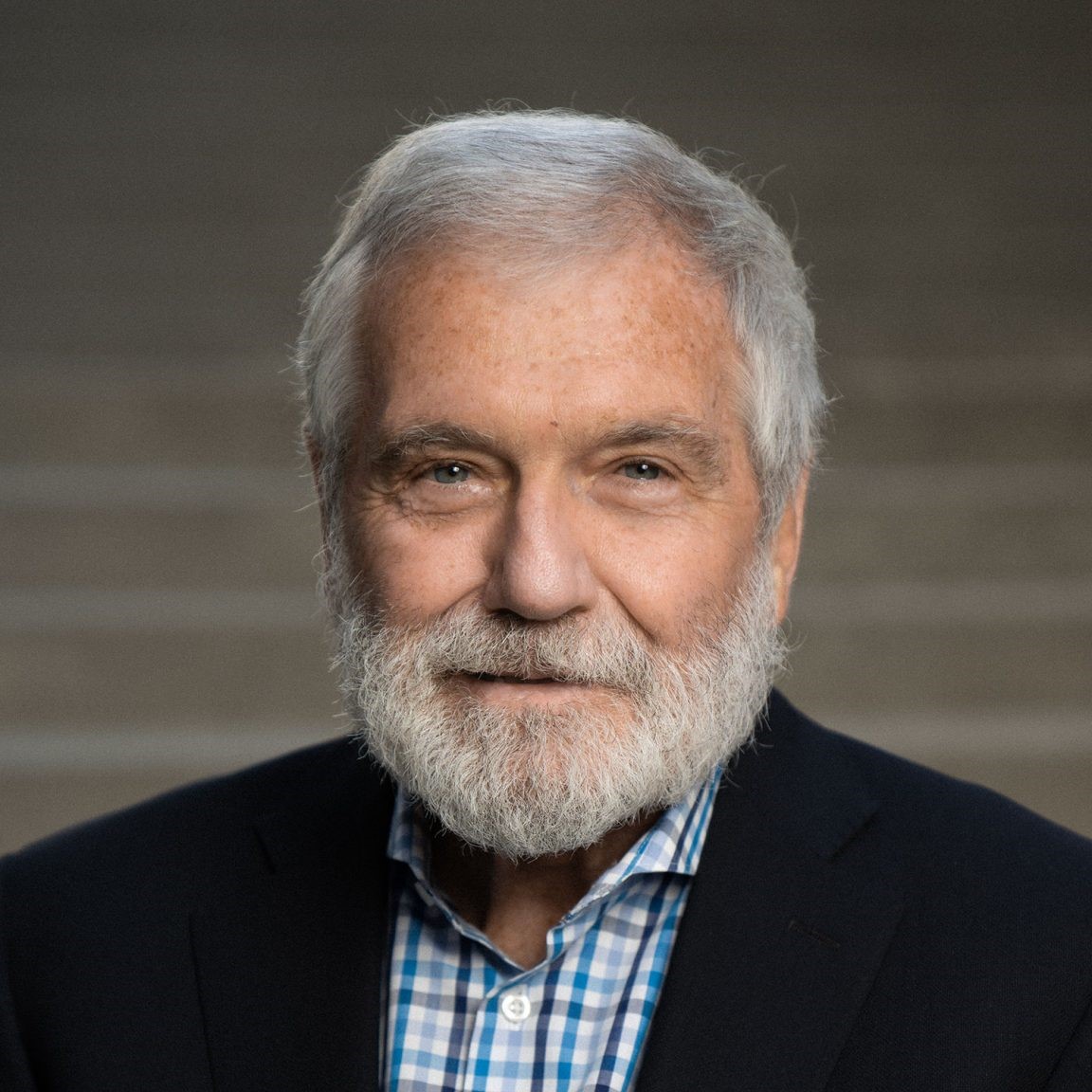
RAW-Energy, Inc

RAW-Energy, Inc
Arlo Richard Walje is the CEO of RAW-Energy, Inc. an energy and utility consultancy. He currently is a member of the University of Utah’s Energy Futures Research Engine. Additionally, he is the on the Board of CDI’s renewable natural gas project in Wellington, Utah and Blue Sky Energy’s Board.
He started in the industry as an IBEW journeyman lineman and has held several senior management and executive positions during his utility career. Those positions included CIO of ScottishPower and President and CEO of Rocky Mountain Power. After leaving PacifiCorp Rich was the CEO of Magnum CAES, LLC, responsible for the development of a salt dome based Compressed Air Energy Storage project and Senior Vice President of Business Development for the Utah Associated Municipal Power Systems’ small modular reactor Carbon Free Power Project.
Rich has a BS degree in Electrical Engineering, with honors and an MBA, both from the University of Utah, and a Certificate of Completion from the University of Michigan’s electric utility executive program. He was recognized as a distinguished alumnus of the University of Utah’s Electrical and Computer Engineering college and by the Utah Association of Energy Users for his long service and contribution to the electric utility industry.
He was chairman of the Strategic Advisory Committee for the Idaho National Lab’s Homeland Security directorate. He has served on numerous business, non-profit and philanthropic boards including, the Utah Museum of Contemporary Art, the Wyoming Business Council, the Economic Development Corporation of Utah, the United Way of Salt Lake and the Salt Lake Chamber.

Mechanical and Aerospace Engineering Department
Utah State University

Mechanical and Aerospace Engineering Department
Utah State University
Dr. Hailei Wang is an Associate Professor in the Mechanical and Aerospace Engineering Department at Utah State University. He leads the Energy Technology Research & Innovation (eTRI) Lab. His research is focused on sustainable energy systems and associated thermal transport phenomena, which spans from nuclear and renewable energy to carbon-free hydrogen and ammonia. His work is striving to bridge the gap between fundamental sciences and engineering systems. Specifically, his work is focused on novel thermal transport phenomena, process modeling, simulation and optimization, along with associated component technologies that can fundamentally improve energy efficiency and/or reduce energy costs. His ongoing research interests include integrated nuclear-renewable energy systems, green hydrogen and ammonia, energy-water nexus, industrial decarbonization, as well as applying AI and Digital Twin. He is currently supervising six PhD students and has published over 60 journal and conference papers, along with three granted patents and two patent applications. His works have been funded by the US Department of Energy, Department of Defense, National Science Foundation, and various corporations.

Freshwater Advisors

Freshwater Advisors
David Weinstein is the founder and CEO of Freshwater Advisors, a venture catalyst firm and corporate innovation consultancy that connects corporations to startups and entrepreneurial ecosystems through structured scouting programs and targeted advisory services. His clients have included: Amazon Web Services (AWS), Exelon, Caterpillar, Northwestern Mutual, AbbVie, Allstate, ADM, Hyatt Corporation, Energize Ventures, Evergreen Climate Innovations (formerly Clean Energy Trust), GenCell, Current (Chicago's Water Innovation Hub), Cummins, Microsoft, CME Group, and Constellation.
From 2003 through 2010 David served as the founding CEO of the Chicagoland Entrepreneurial Center (CEC), which now operates 1871, one of the country’s leading incubators. During his tenure, the CEC provided advisory services to upwards of 1,000 entrepreneurs. David helped companies secure contracts in excess of $160 million and obtain seed and early stage financing valued at $120 million.
David was also a co-founder of the Illinois Innovation Accelerator Fund (I2A), a $10 million seed-stage venture capital fund. He led the fund’s formation and fundraising activities alongside I2A founding chairman and investor J.B. Pritzker. I2A portfolio companies include: Base (acquired by Zendesk), YCharts (acquired by LLR partners), SitterCity, DialogTech, SoCore Energy (acquired by Edison International), and Signal.
Prior to the CEC, David served as CEO of BlueMeteor, a technology company that provided enterprise software applications and infrastructure to Fortune 1000 businesses. David grew BlueMeteor to 110 employees and led the company in raising $31 million in venture capital. He executed strategic alliances with technology industry leaders Oracle Corporation, TIBCO Software, Sun Microsystems, and EMC Corporation.
From 1996 to 2000, David worked as chief technology advisor to the mayor of the City of Chicago, Richard M. Daley. In this role, he managed the City’s Technology Development Initiative which provided $70 million in financial incentives to build technology infrastructure and development projects in Chicago. Those projects included the financing of leading tech centers in Chicago including the Lakeside Technology Center and 600 W. Chicago (former Montgomery Wards HQ). He also spearheaded the creation of the Mayor’s Council of Technology Advisors (MCTA).
David has served on numerous company and civic boards throughout his career. He served as a founding Advisory Board member at Cleversafe (acquired by IBM). Currently, he serves as a board member at Pando (Park City’s entrepreneurial community) and is a member of World Business Chicago’s ChicagoNEXT. In 2014, he was named to the Crain’s Tech 50. David previously served as one of the youngest members of the Chicago Plan Commission from 2007-2011. He currently serves as an advisory board member at Uptake Technologies, GenCell, Tacit, and Mobility Impact Partners (MIP).
David graduated cum laude from the University of Wisconsin at Madison and holds an MBA from Northwestern University’s Kellogg Graduate School of Management
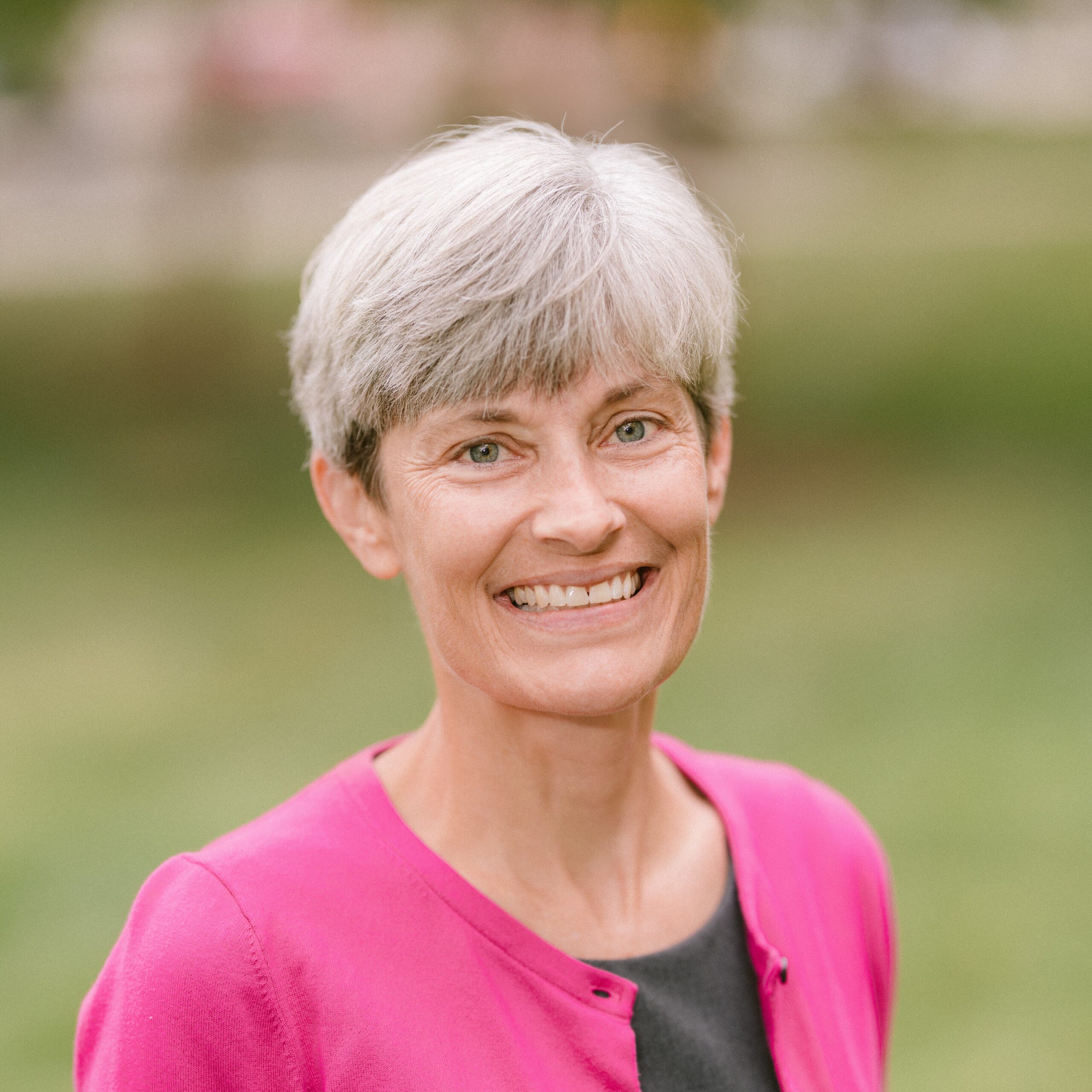
University of Minnesota Law School

University of Minnesota Law School
Amy Wildermuth teaches and writes about administrative law, civil procedure, environmental law, and U.S. Supreme Court practice. Her work has been published in a variety of prestigious legal journals, including the Northwestern Law Review, the Emory Law Journal, and the Minnesota Law Review. Her most recent piece co-authored with Kristin Hickman will appear in the New York University Law Review. She is currently a Visiting Professor at the University of Minnesota Law School and the Chair of the American Bar Association's Section of Administrative Law and Regulatory Practice.
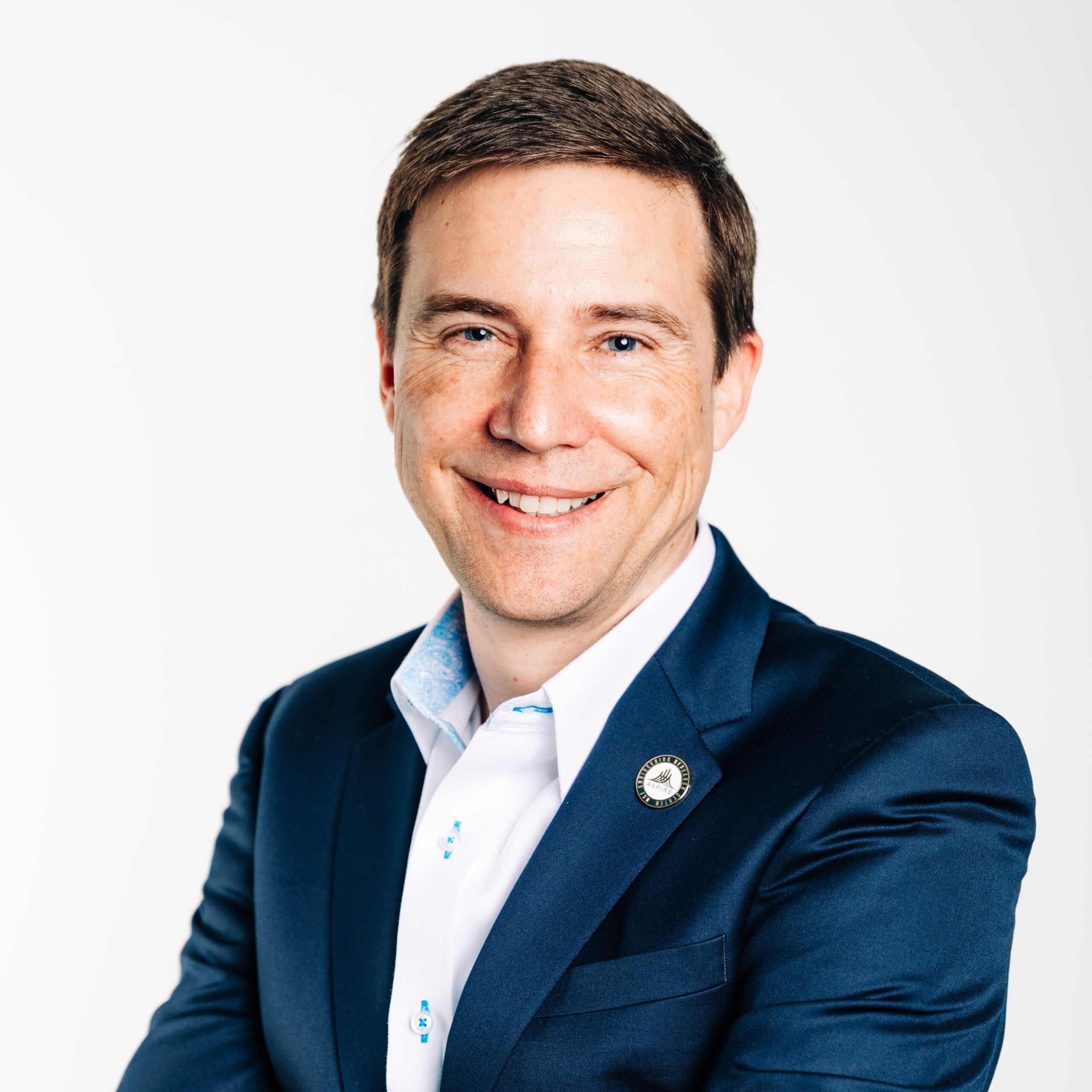
Center for Advancing Sustainability
Powered Infrastructure for Roadway Electrification (ASPIRE)

Center for Advancing Sustainability
Powered Infrastructure for Roadway Electrification (ASPIRE)
Dr. Regan Zane is the founding Director of the Center for Advancing Sustainability through Powered Infrastructure for Roadway Electrification (ASPIRE). Headquartered at Utah State University, ASPIRE is a National Science Foundation Engineering Research Center involving 10 universities, 4 national labs, more than 85 faculty and staff, more than 300 students, and more than 60 industry and innovation partners. He holds the David G. and Diann L. Sant Endowed Professor position at Utah State University in the Department of Electrical and Computer Engineering, where he founded the USU Power Electronics Lab (UPEL), the Electric Vehicle and Roadway (EVR) research facility and test track, and the Battery Limits and Survivability Test (BLAST) lab.
Dr. Zane is a Fellow of the IEEE. He has published more than 200 peer-reviewed articles, served as co-inventor on more than 35 issued patents, received international and institutional recognition in research, teaching and innovation, and raised more than $180 million in research, development and demonstration funding. His programs maintain a strong emphasis on collaboration with academic, government and industry partners to develop and transition innovative technologies into the marketplace.
